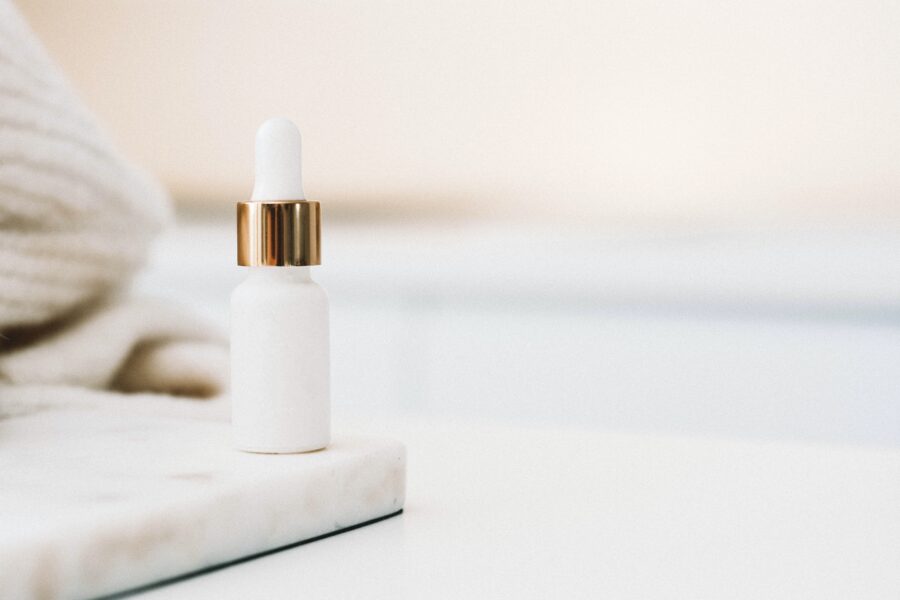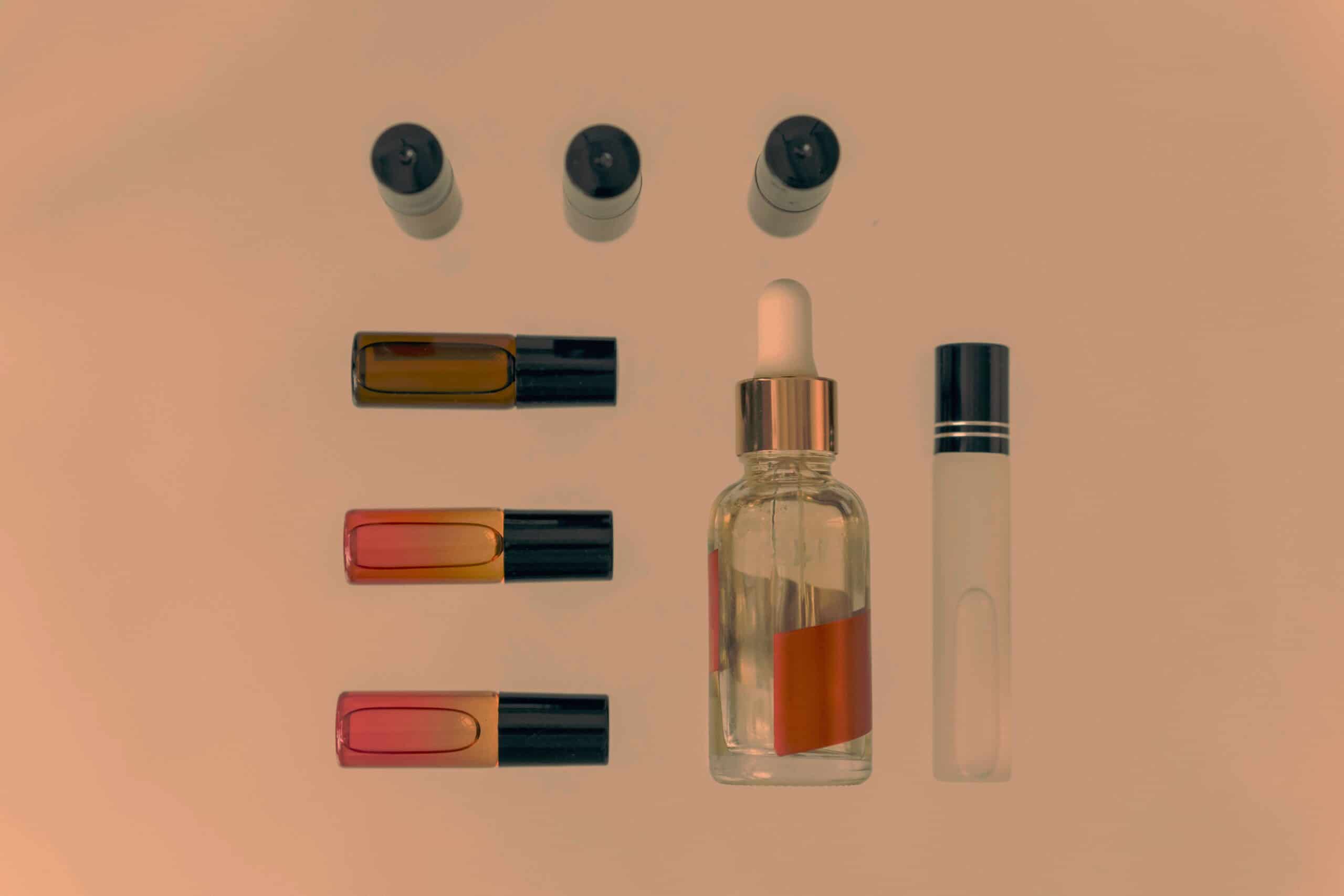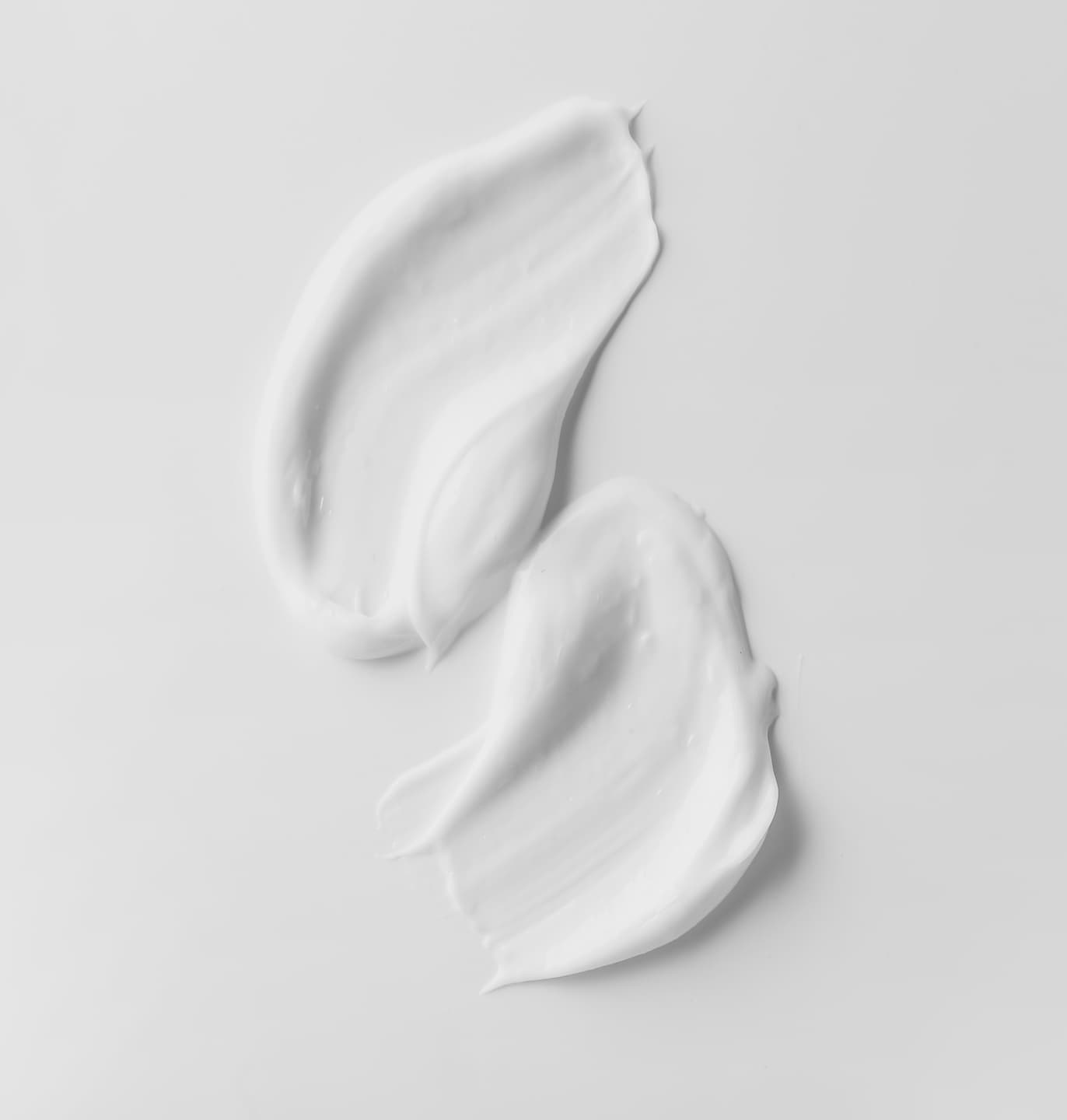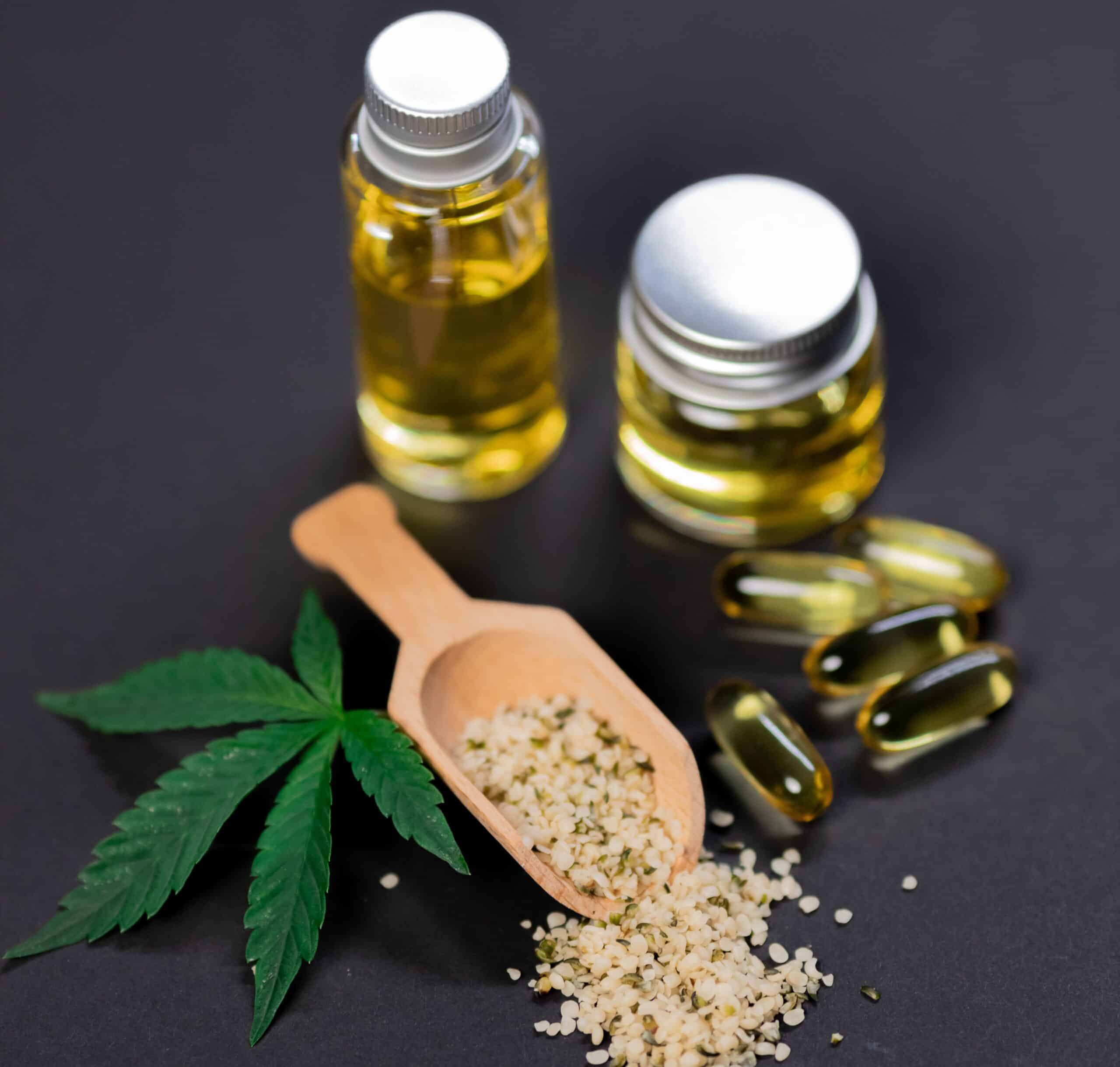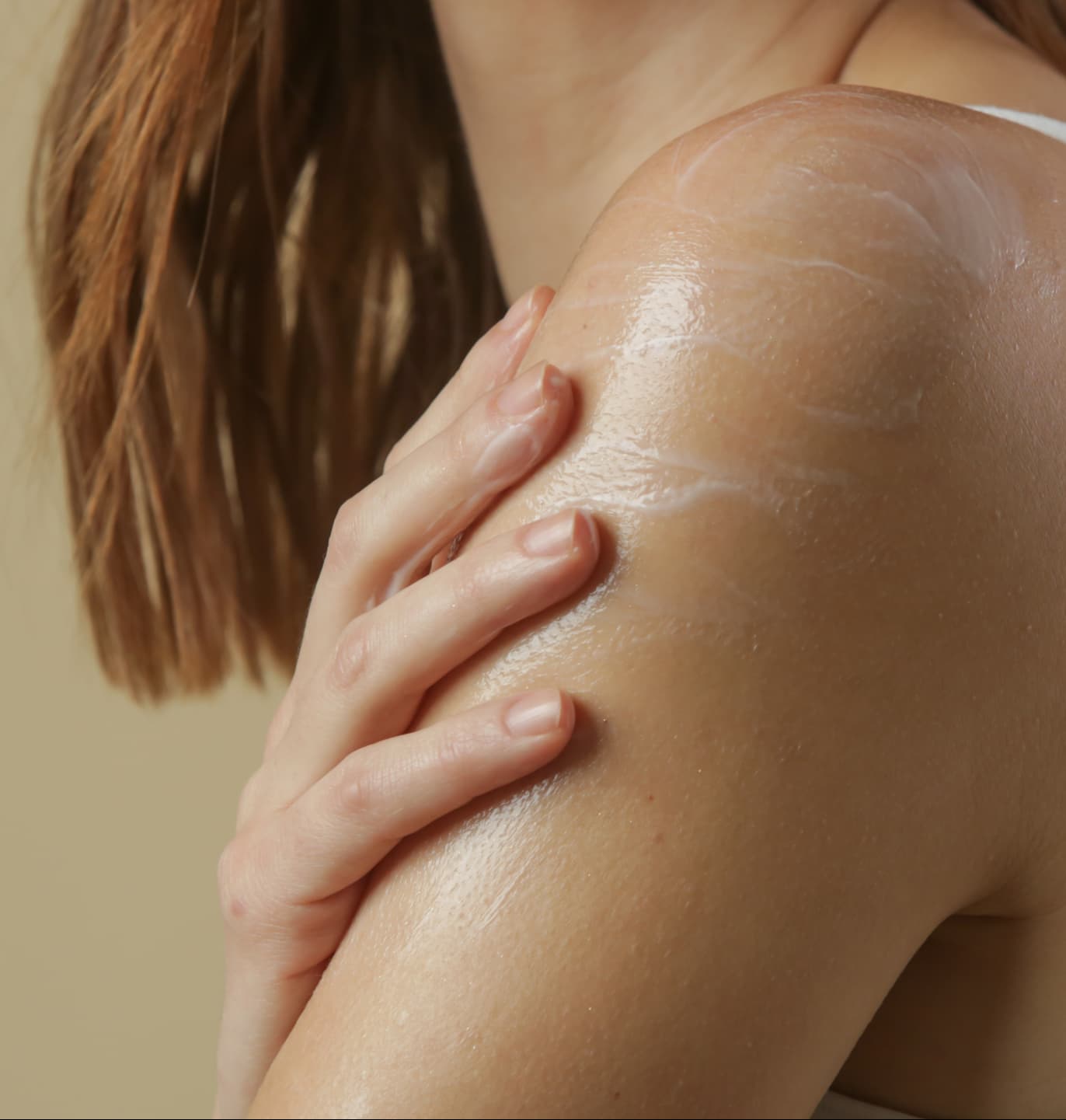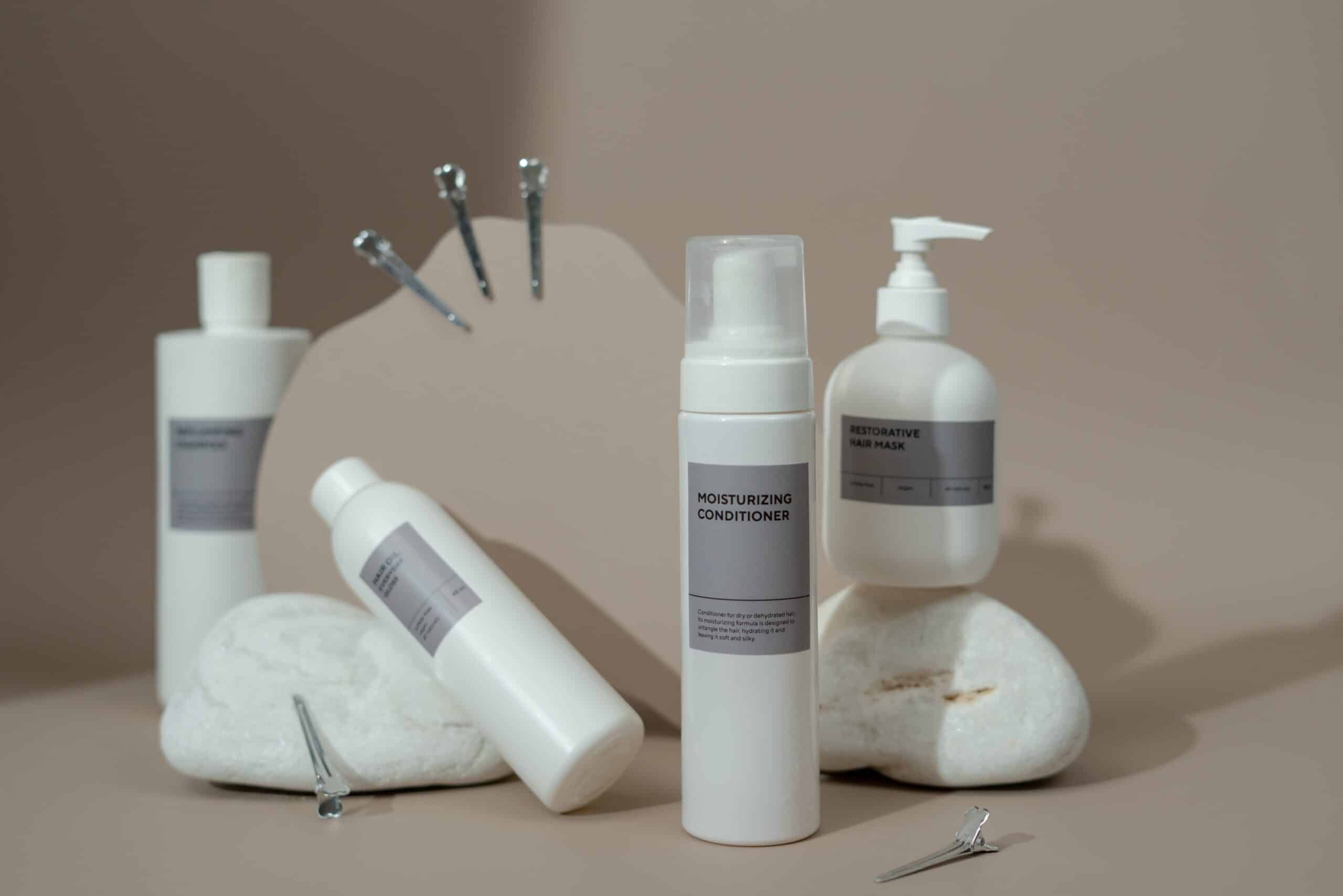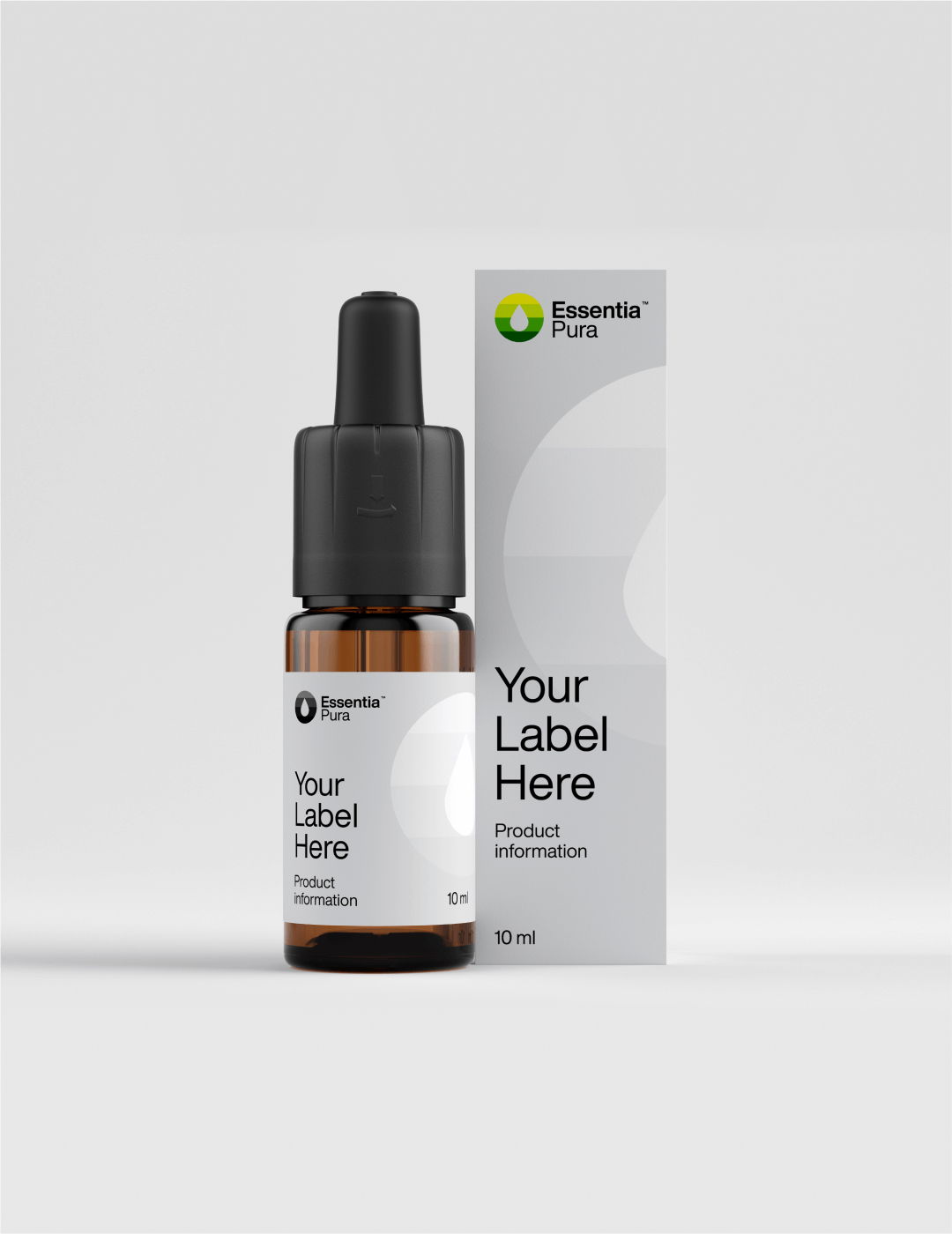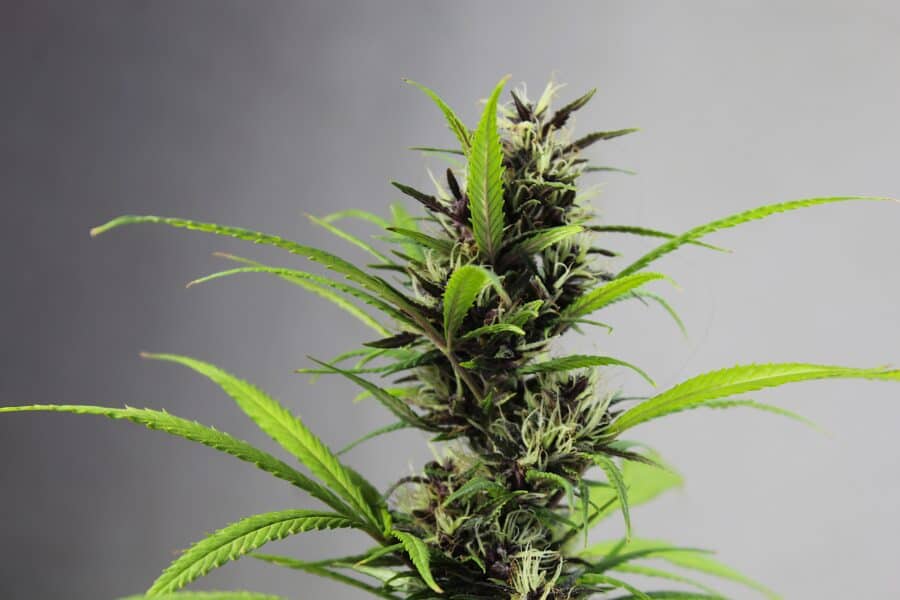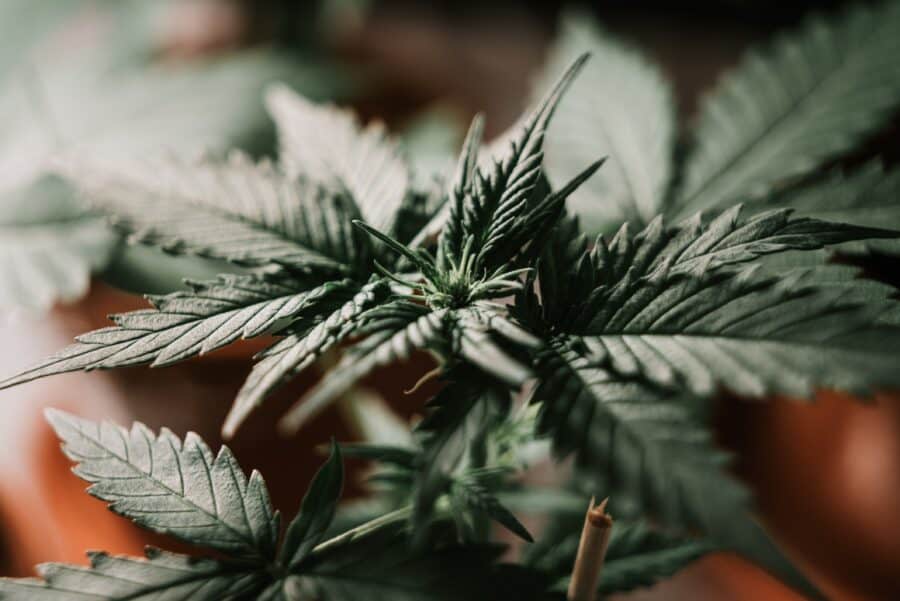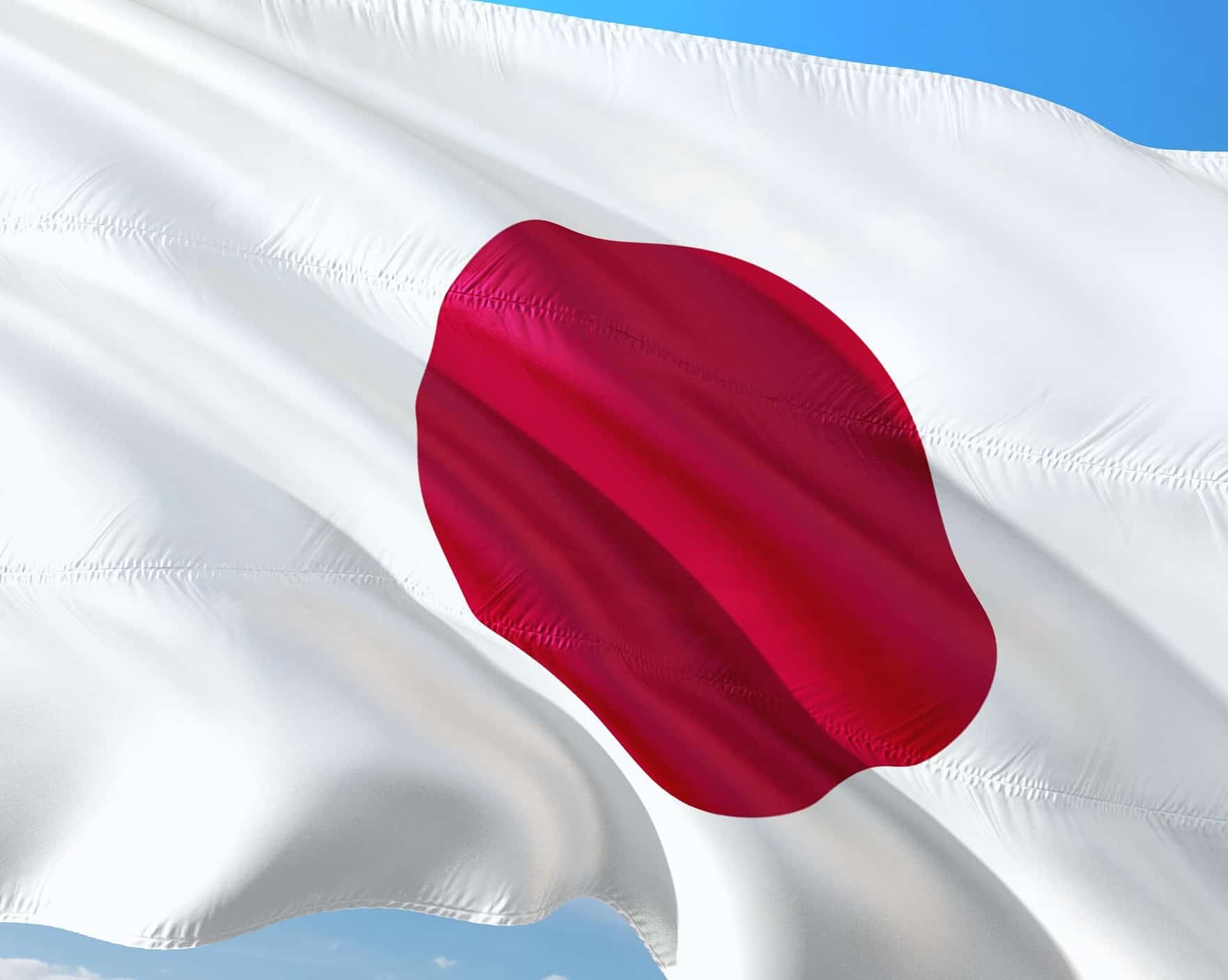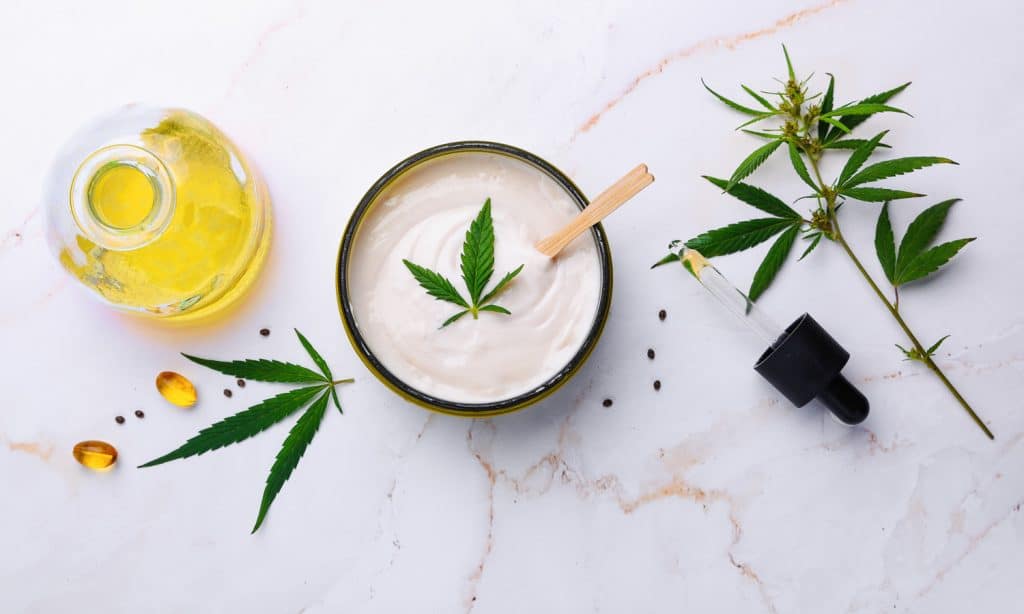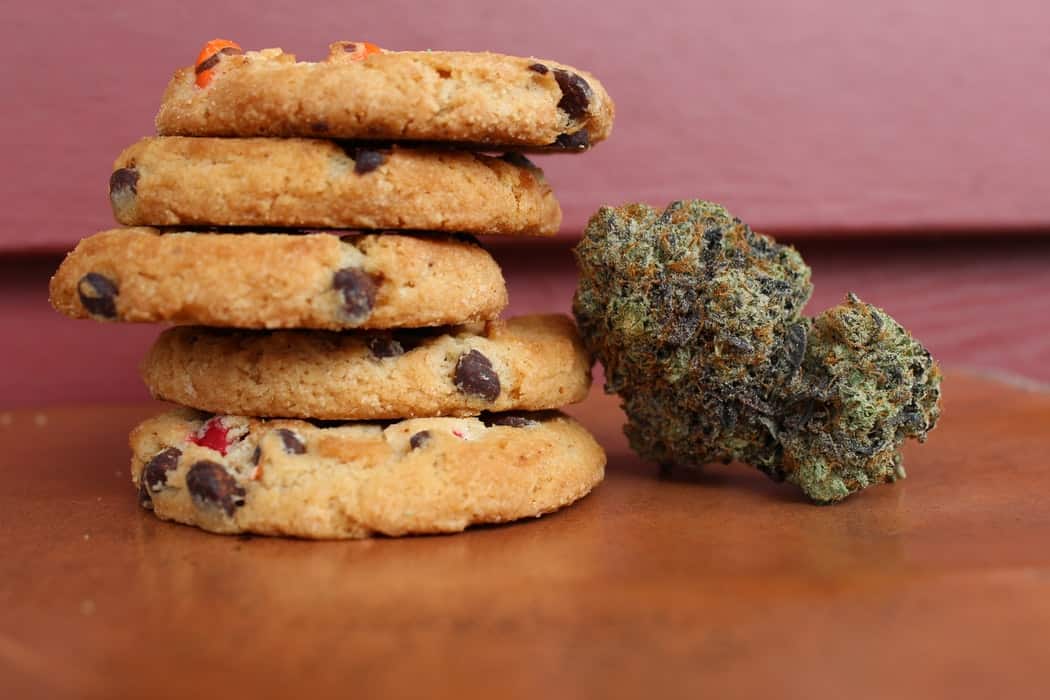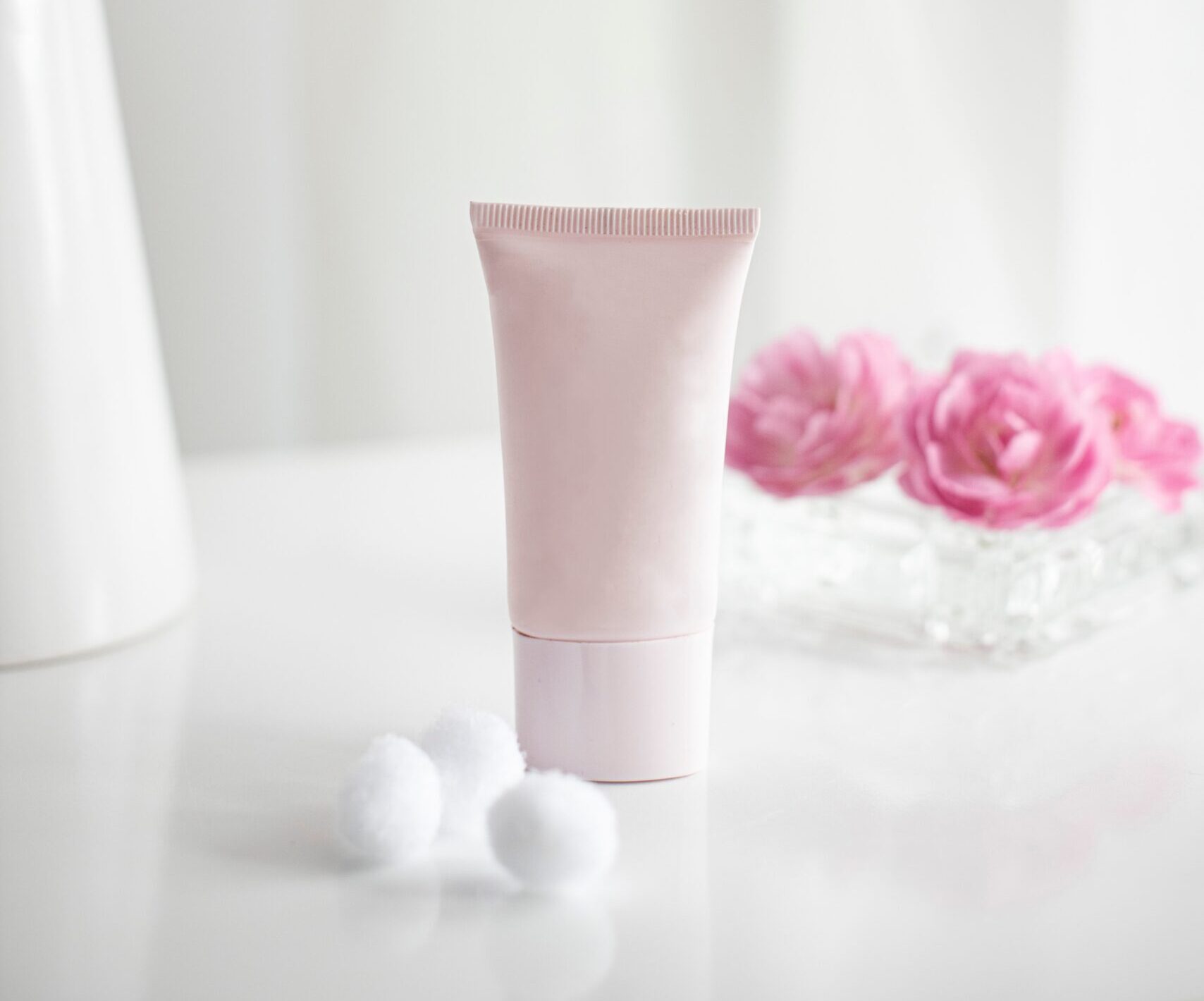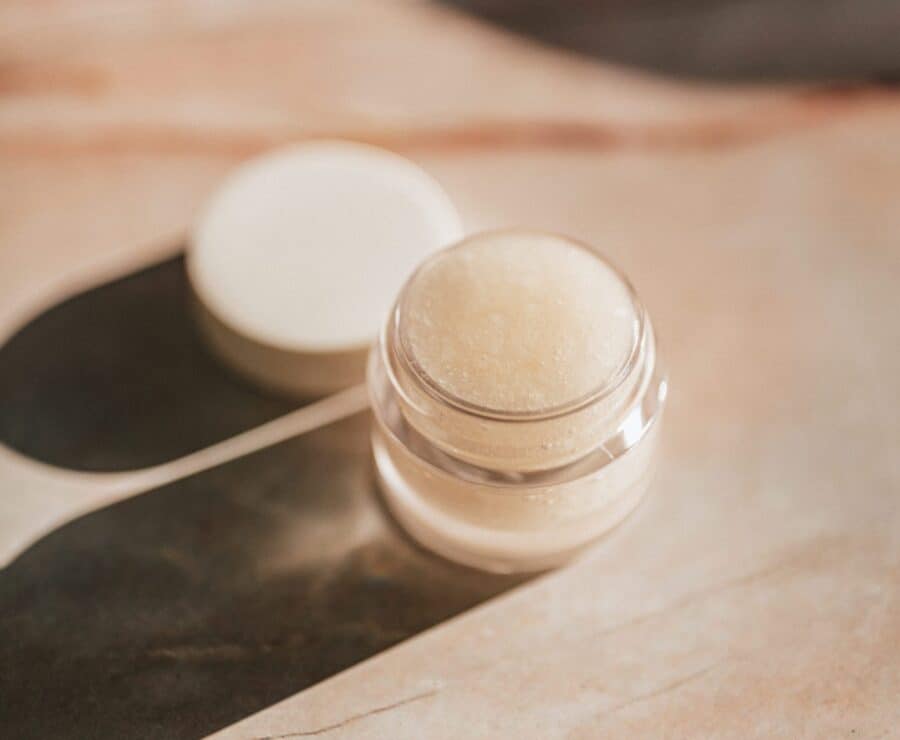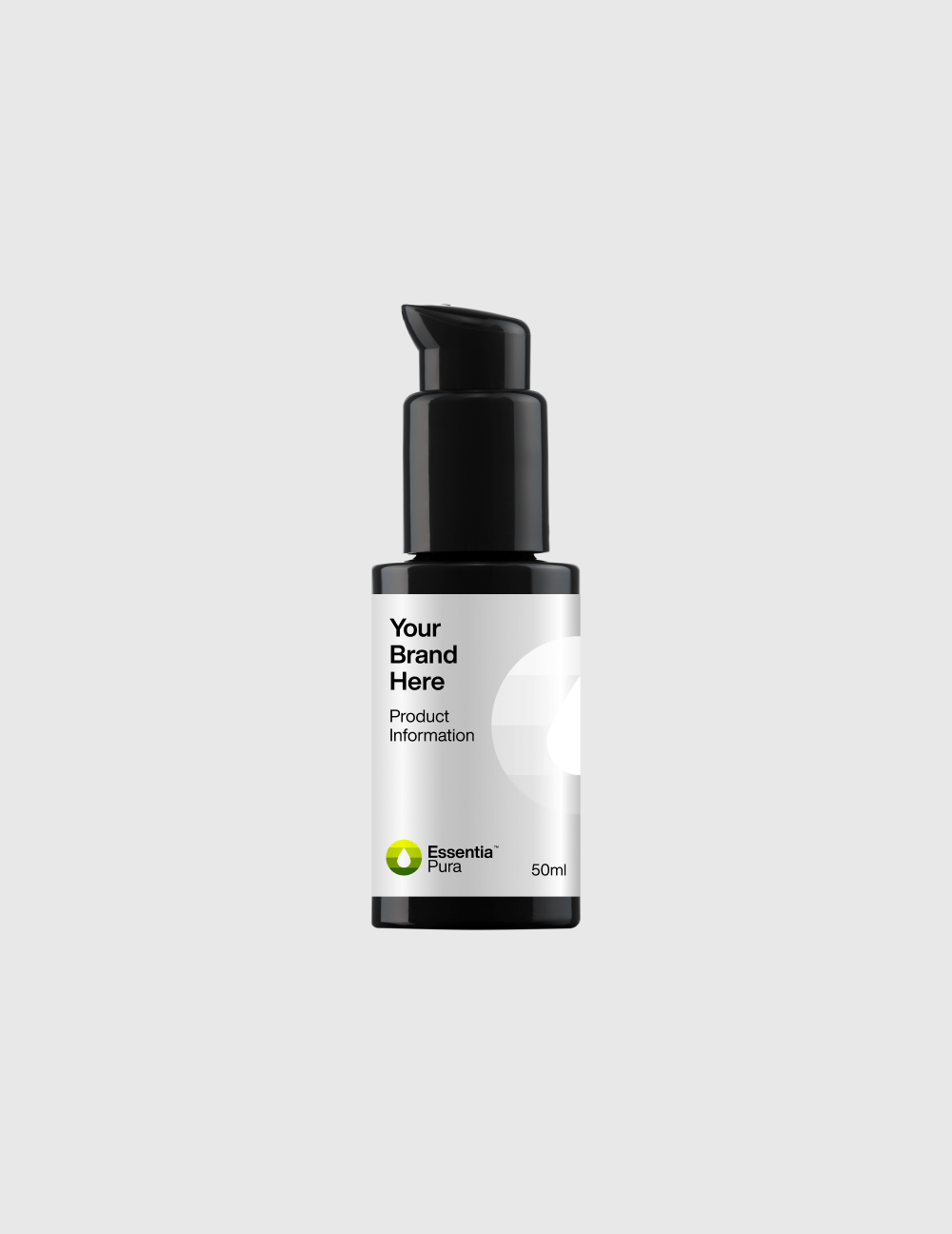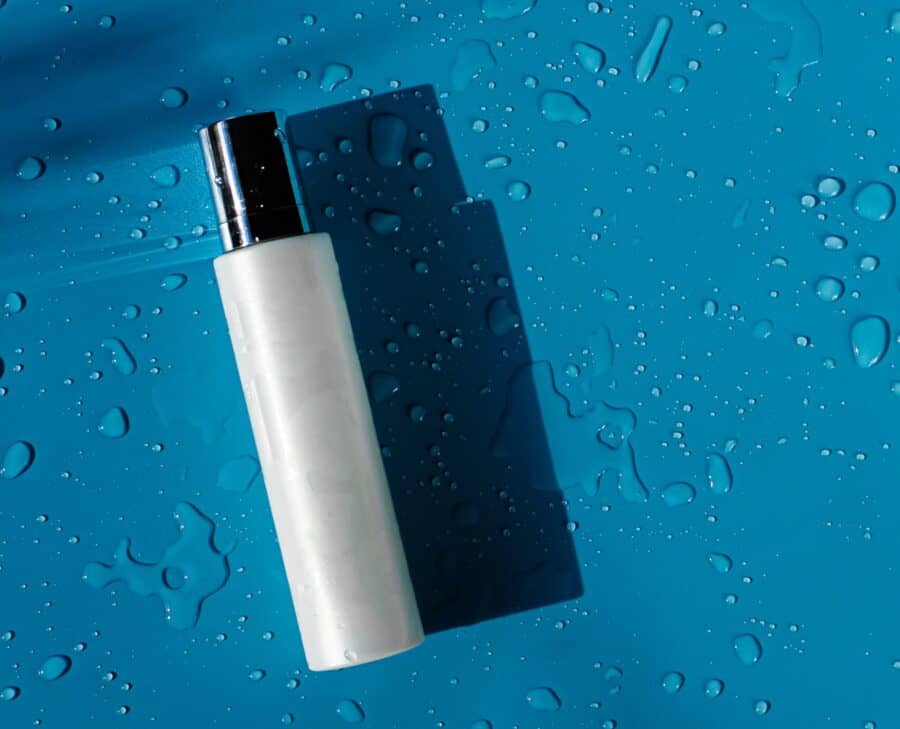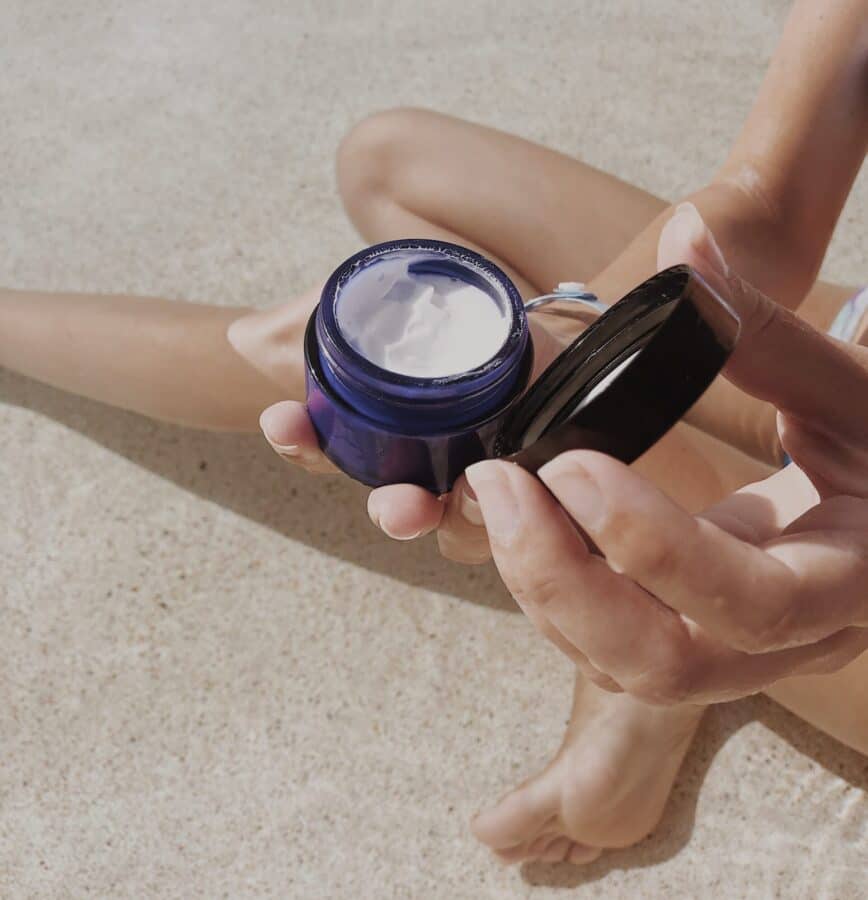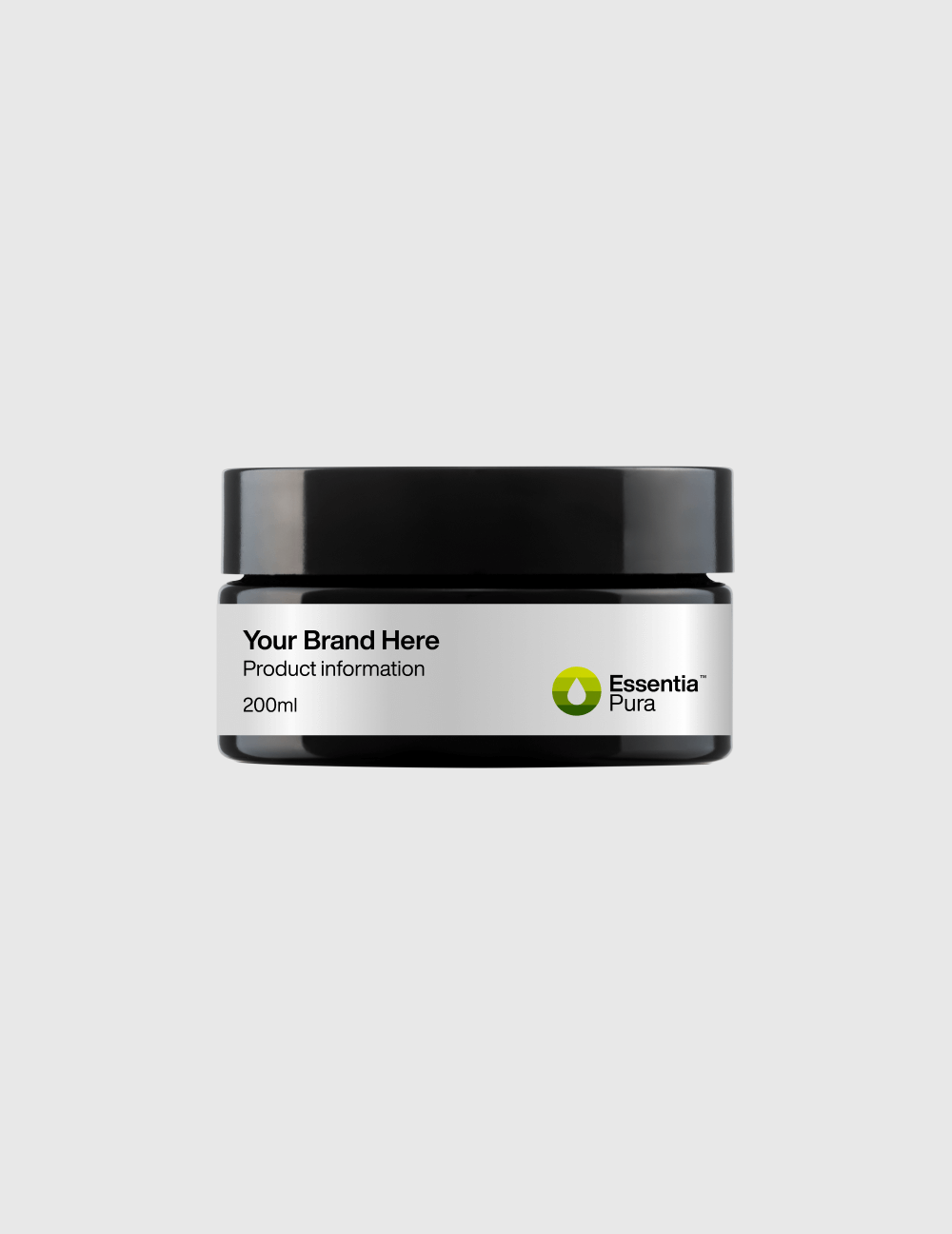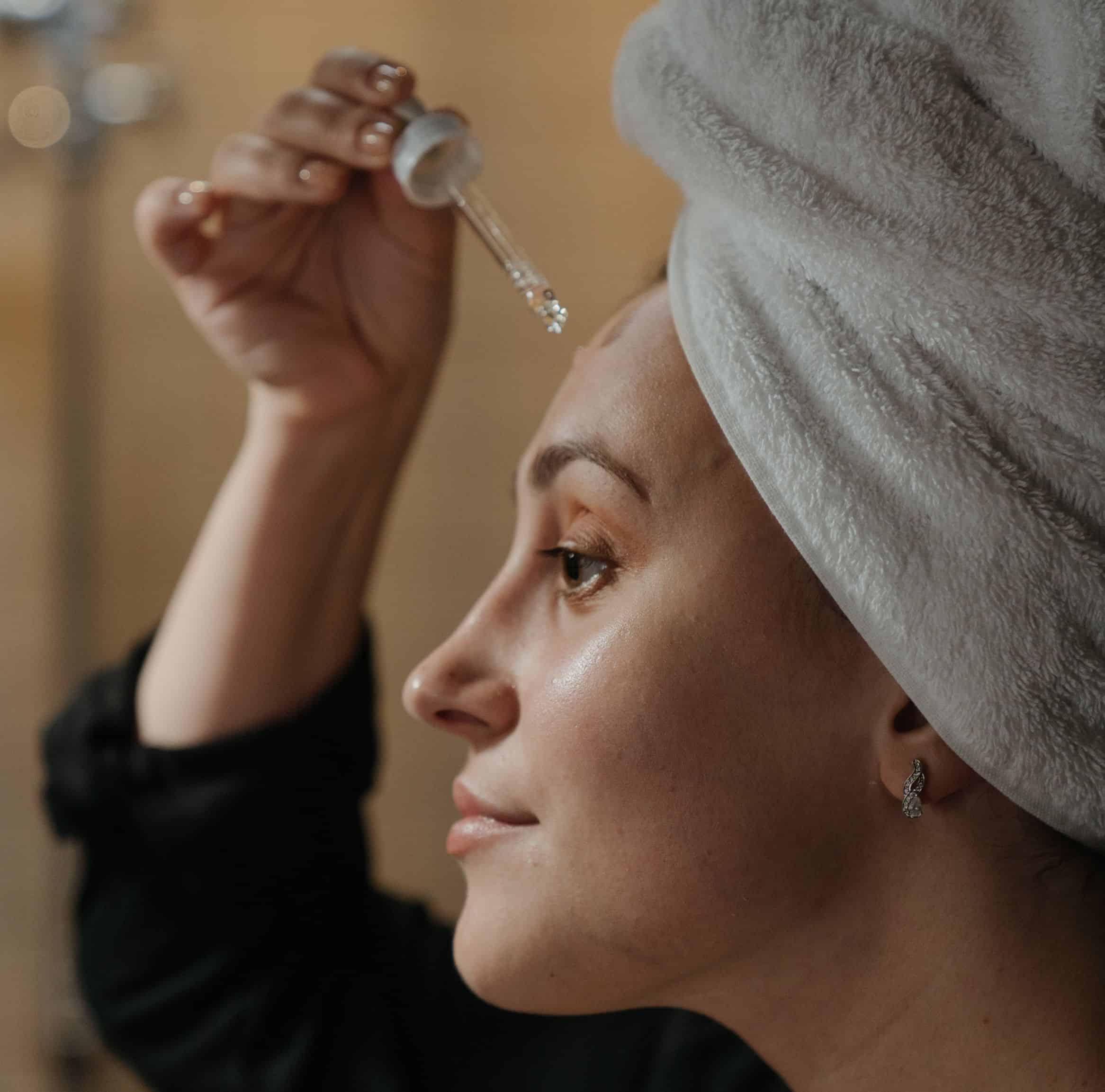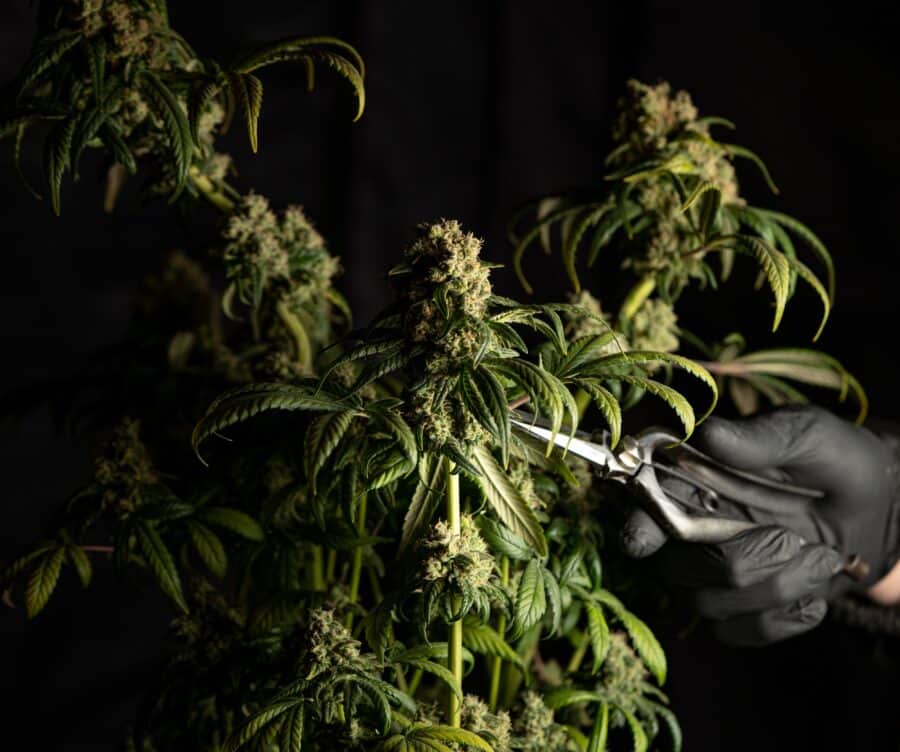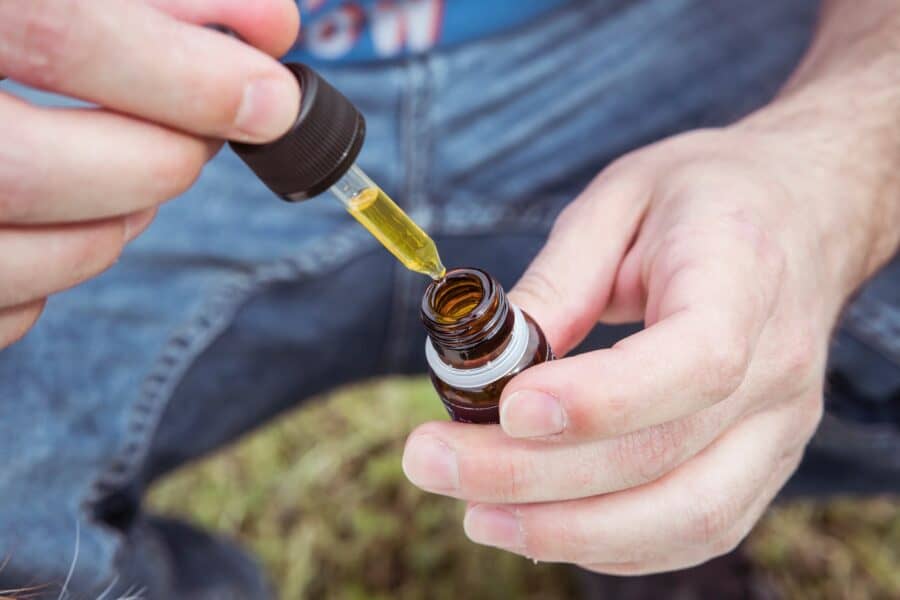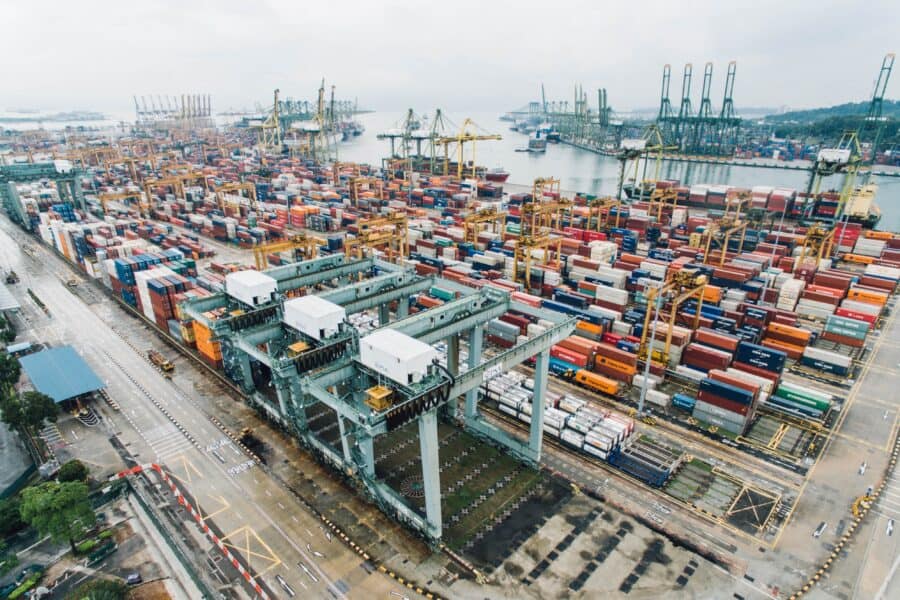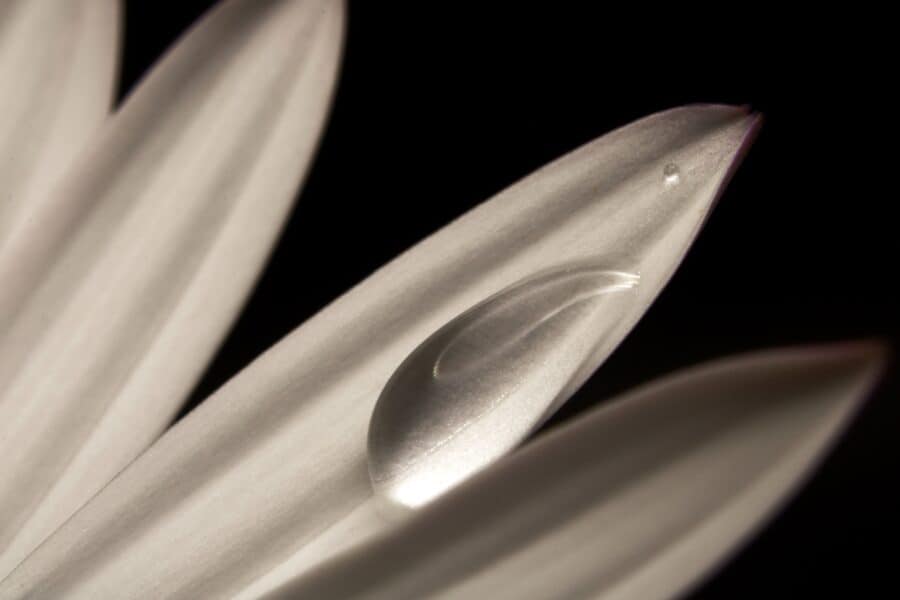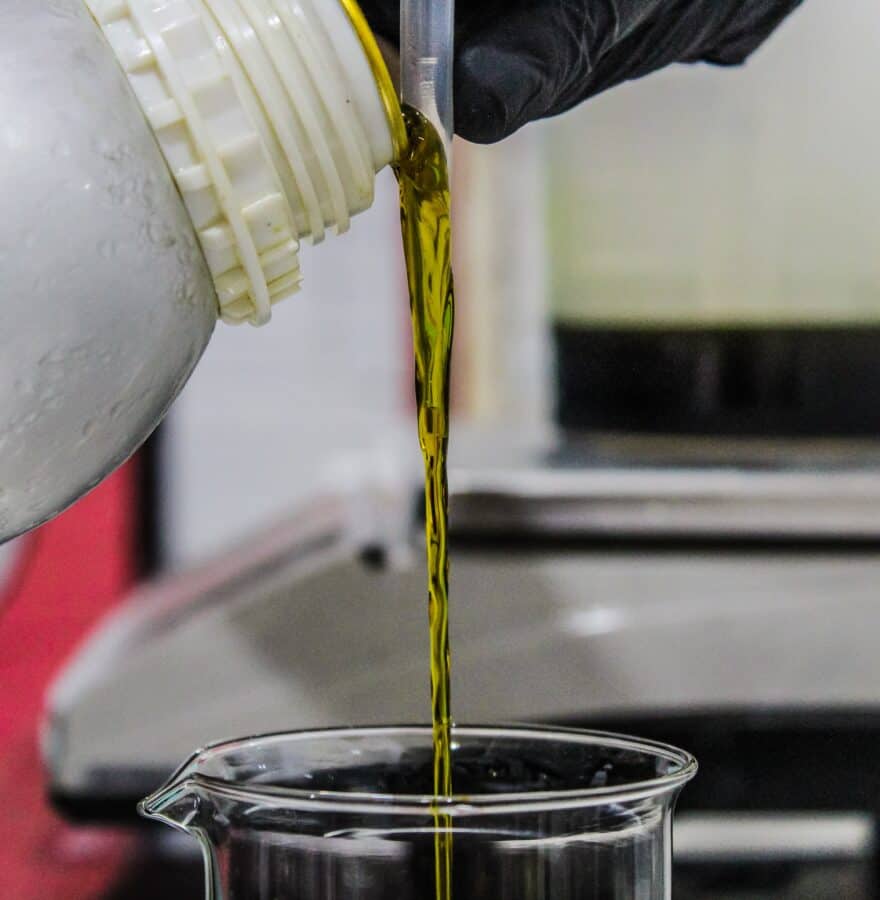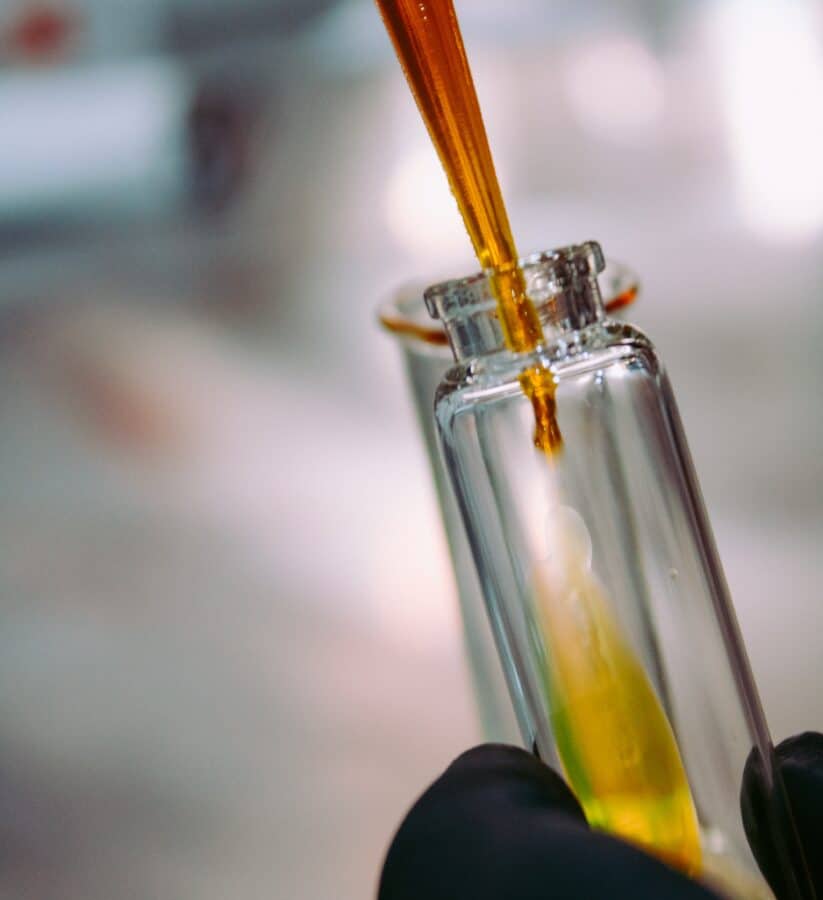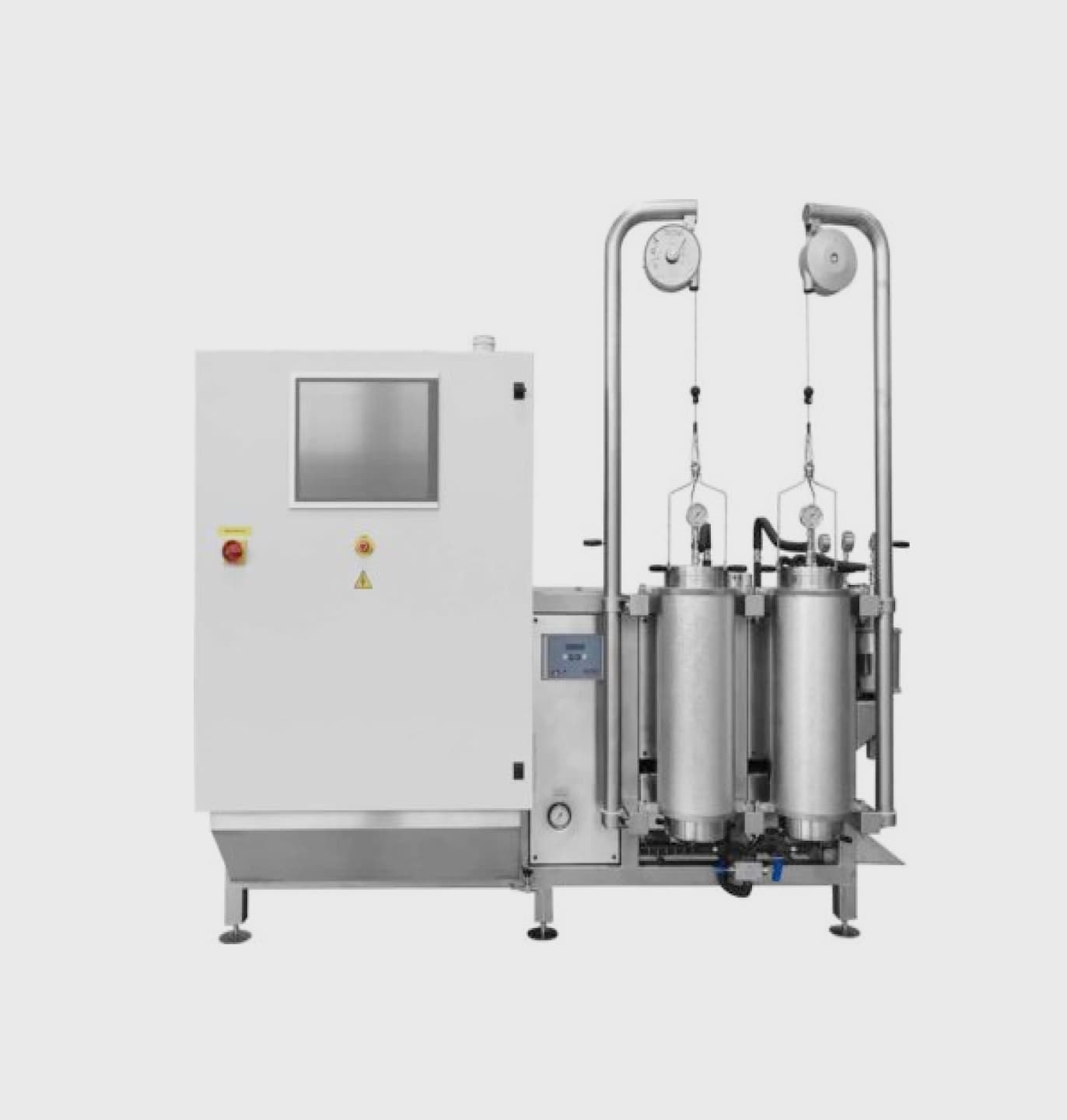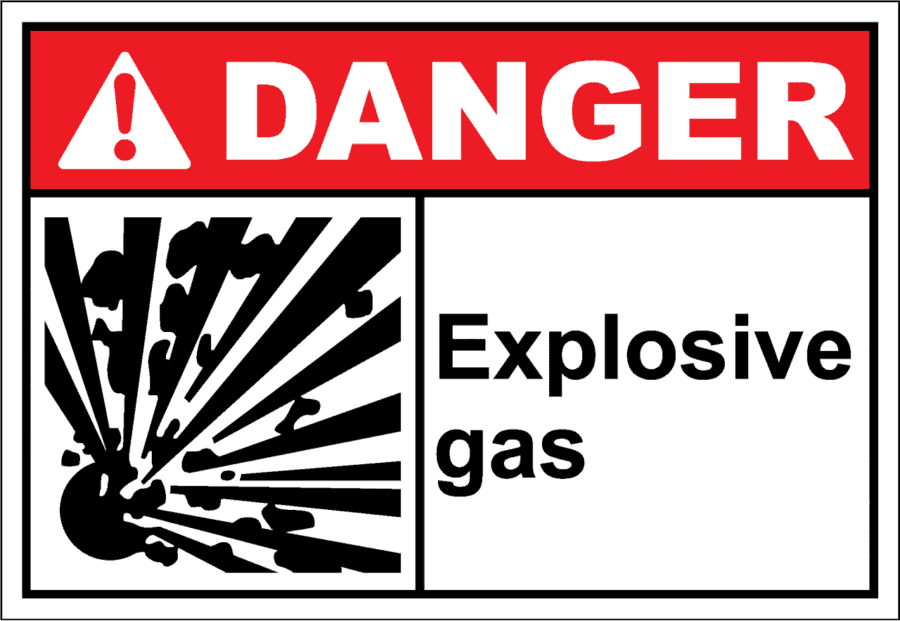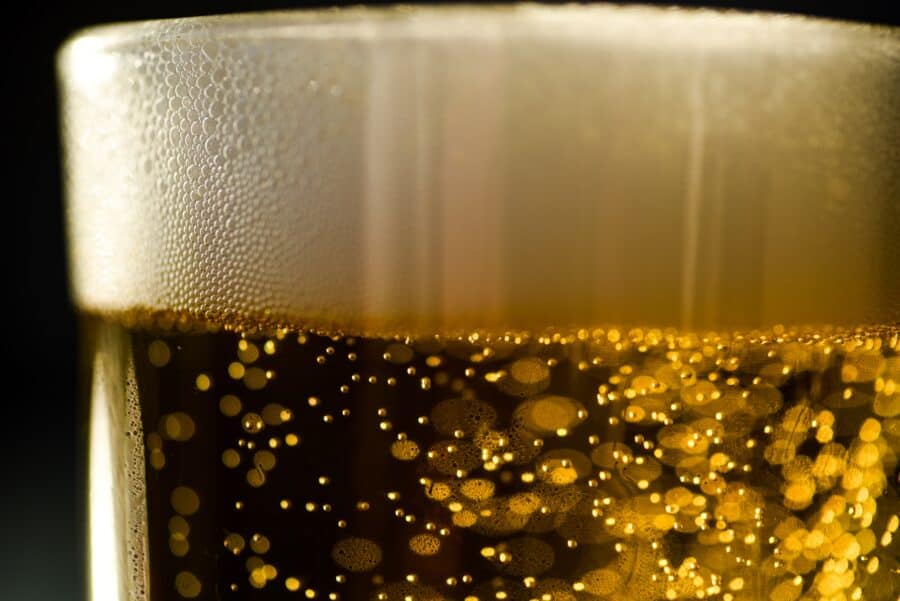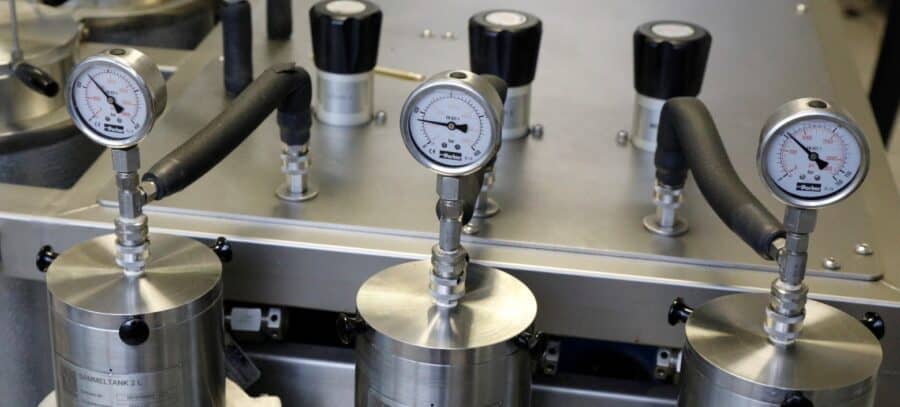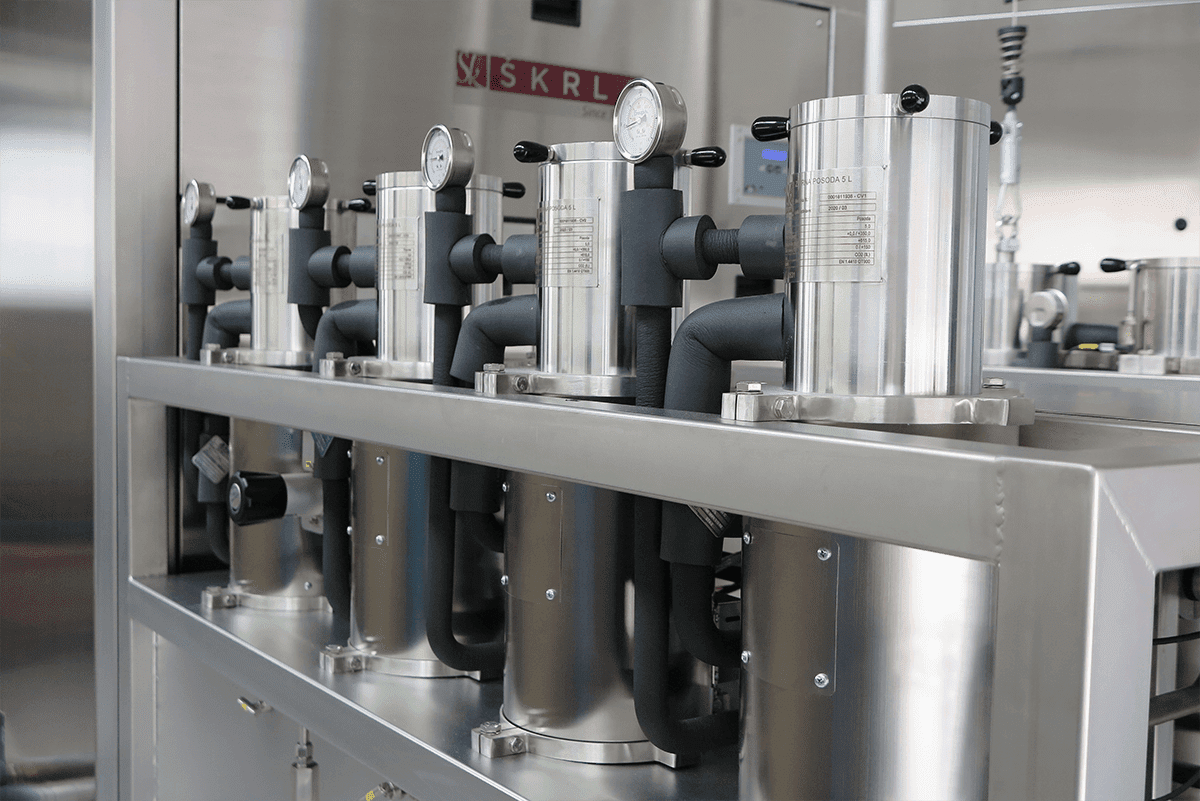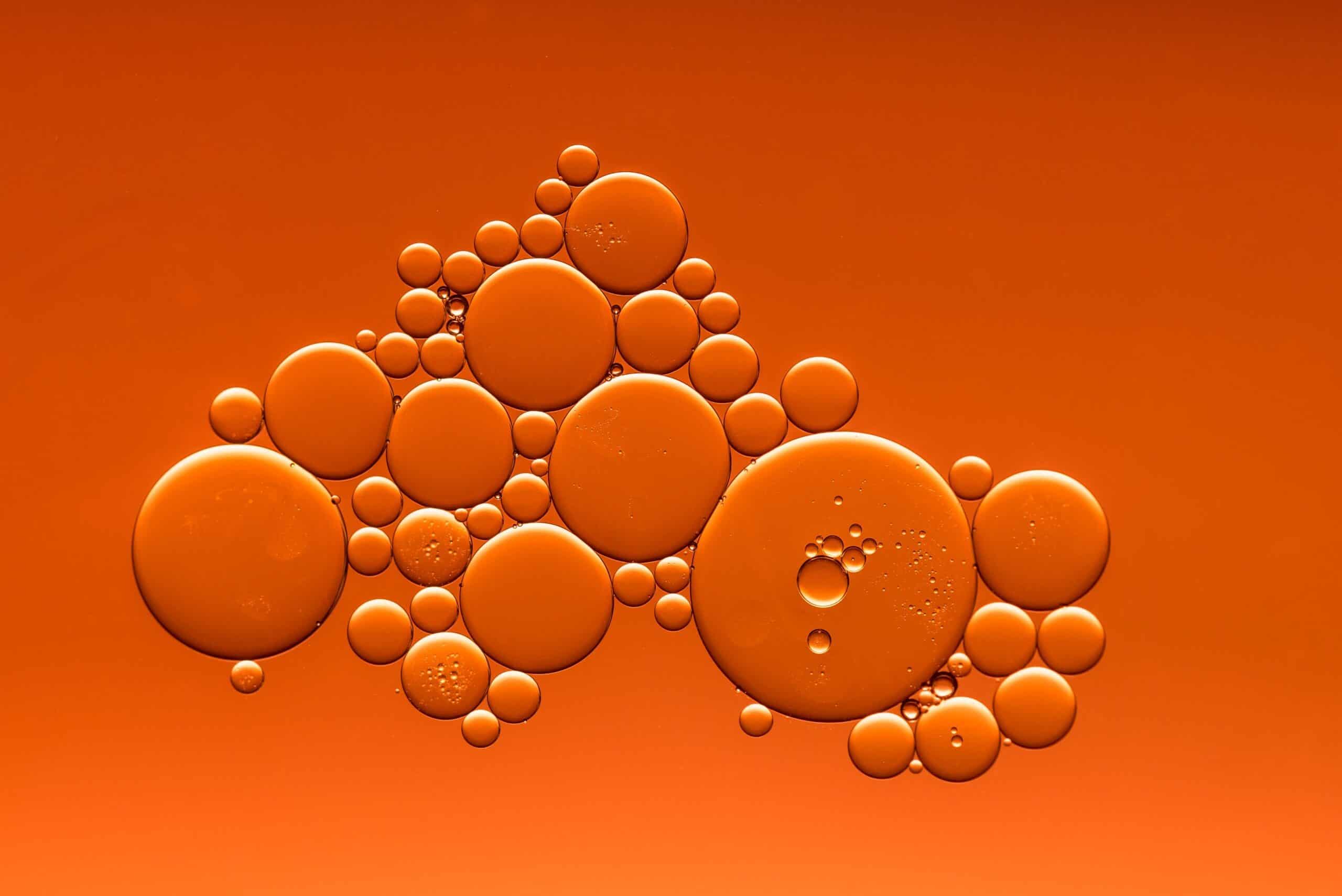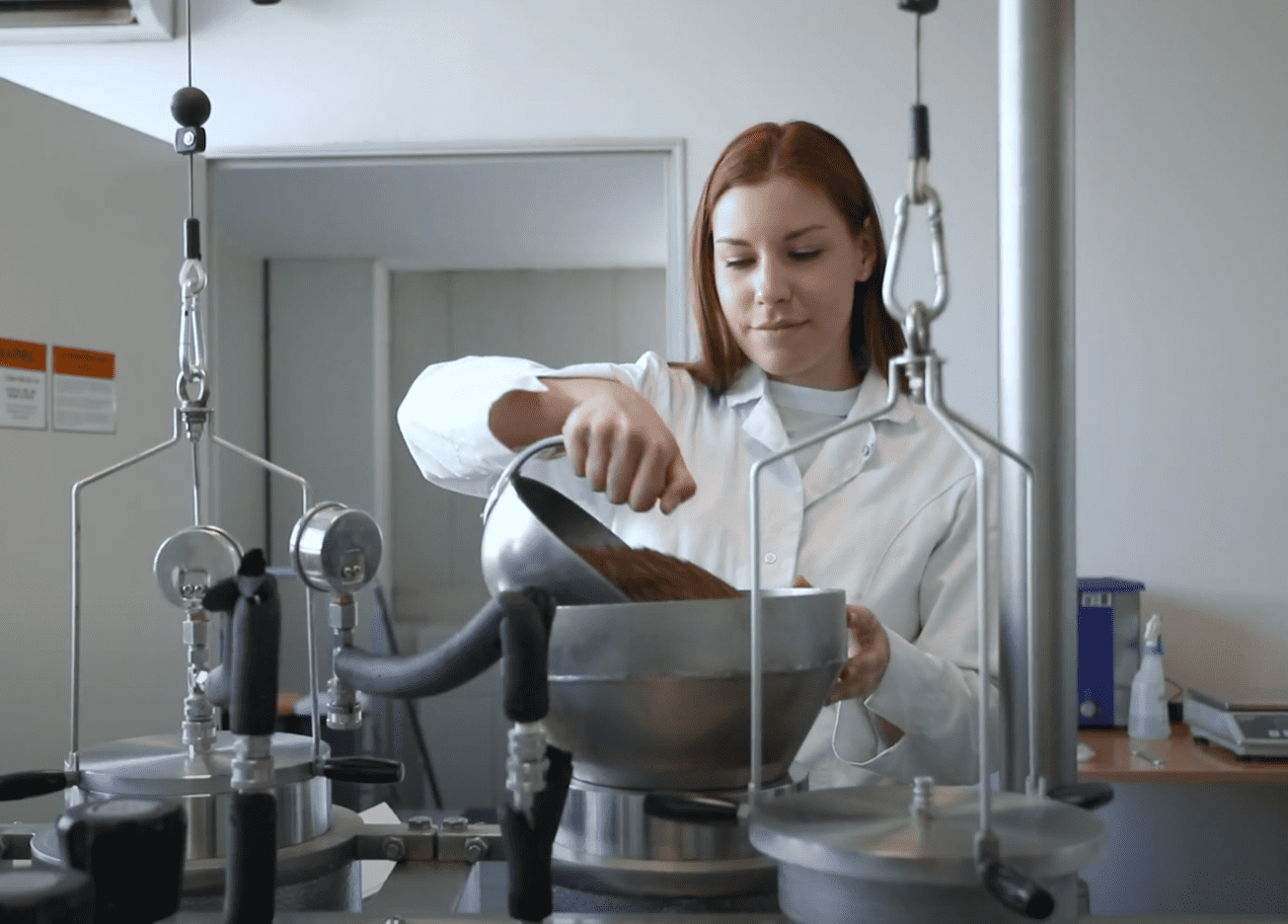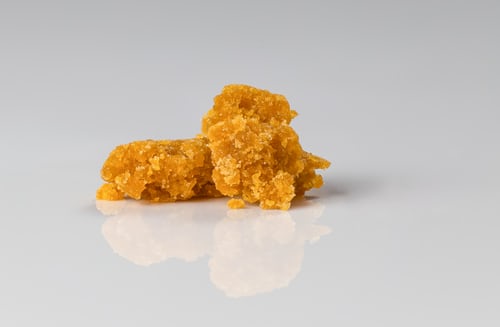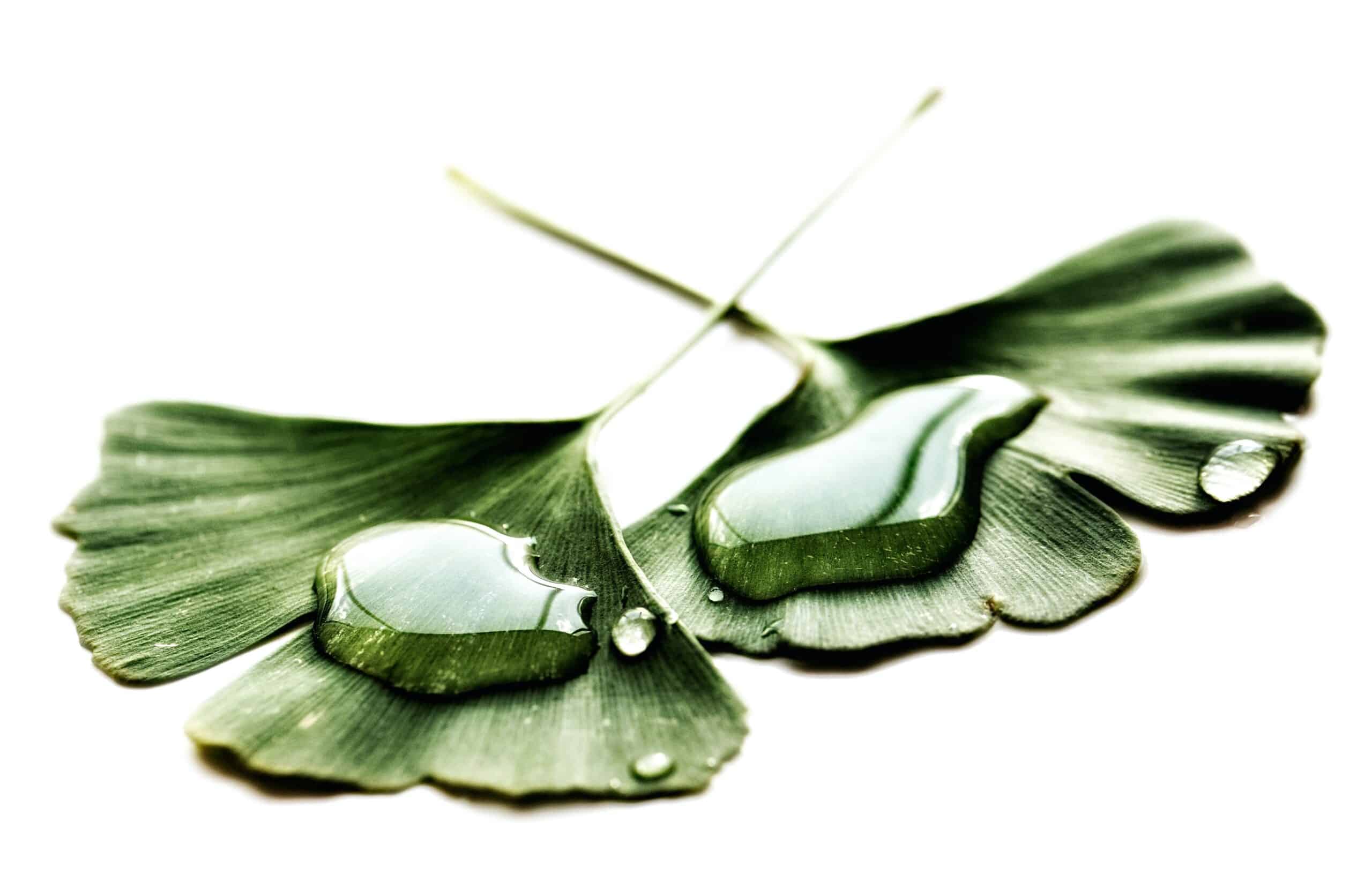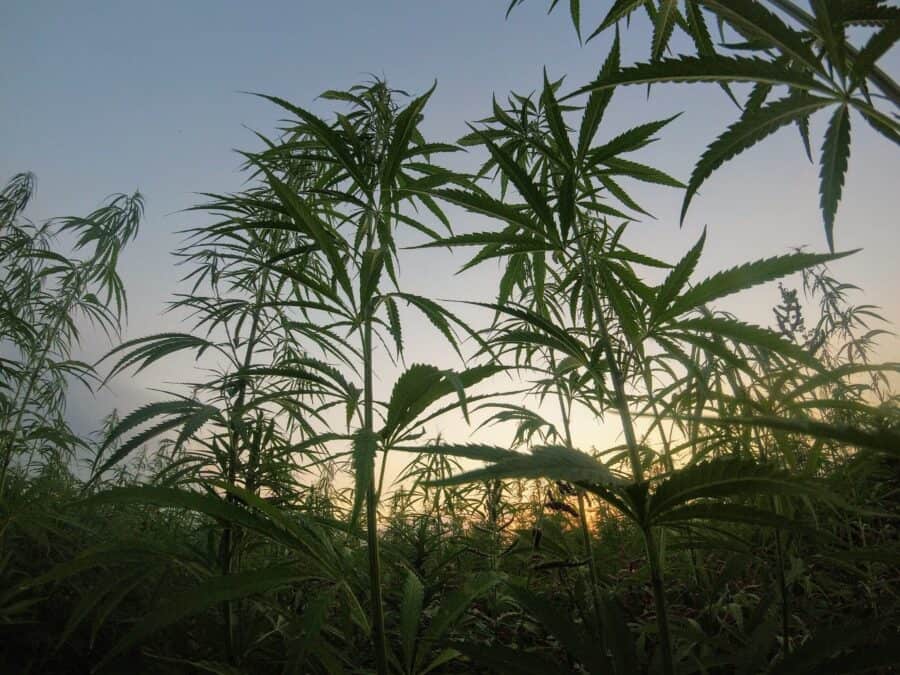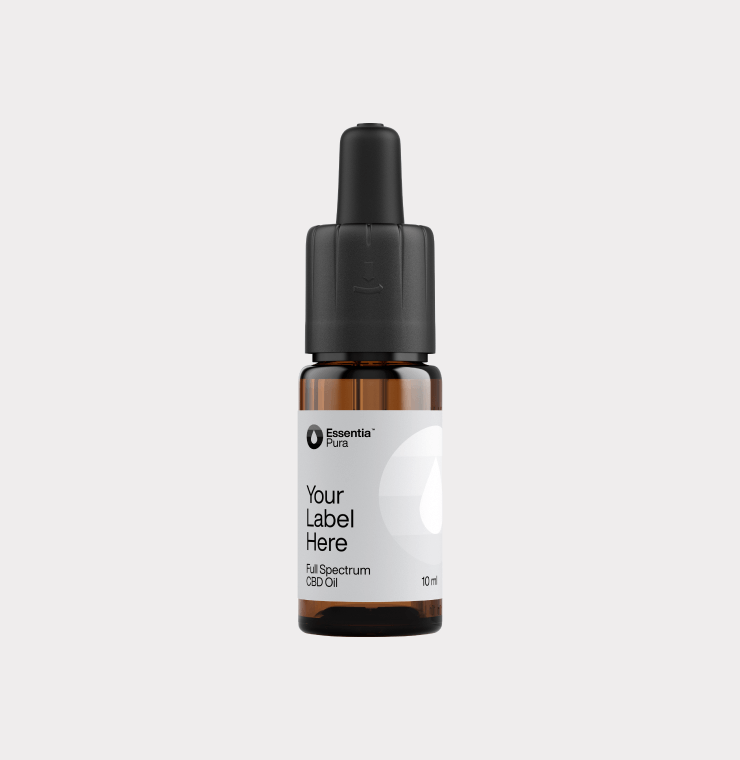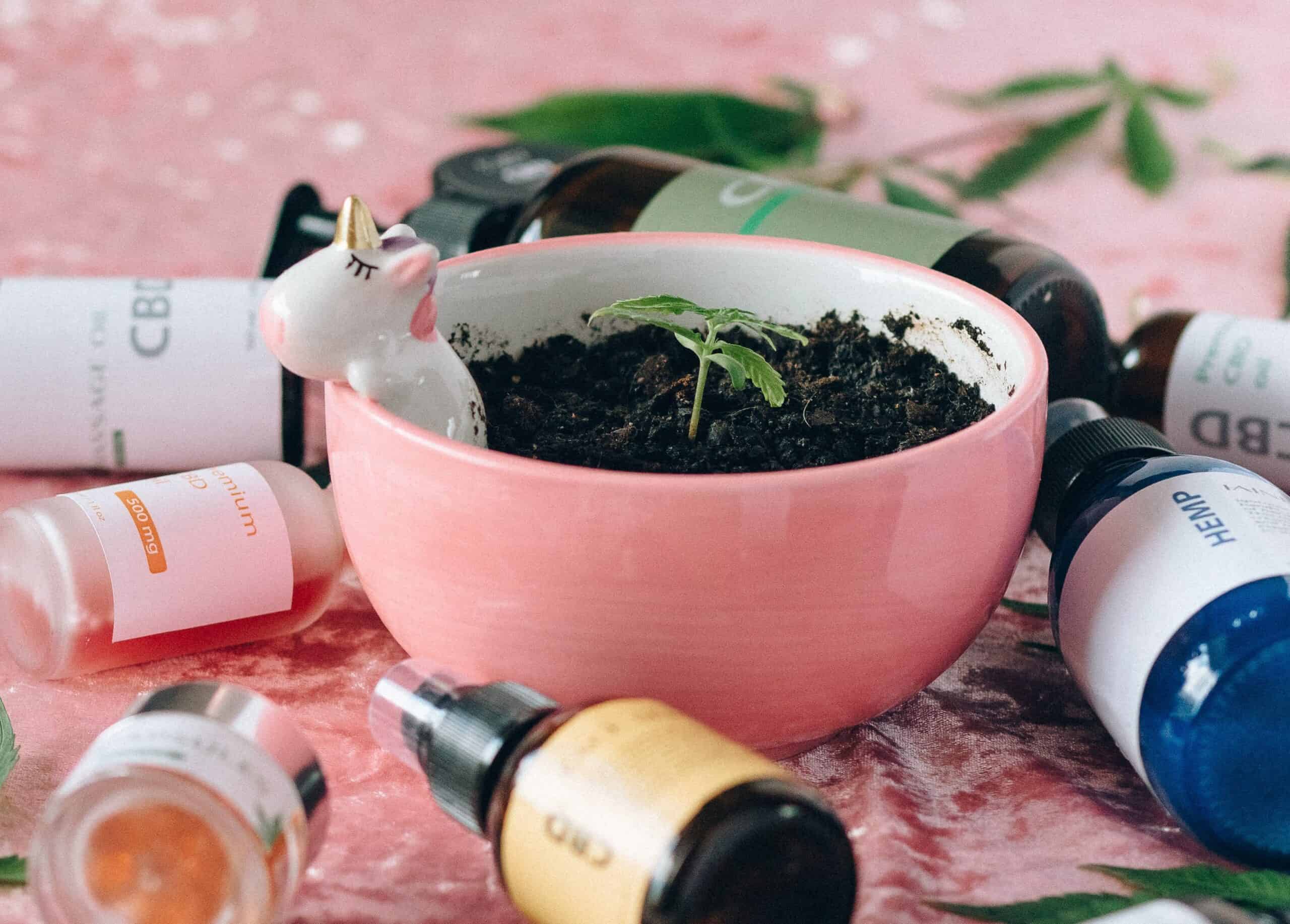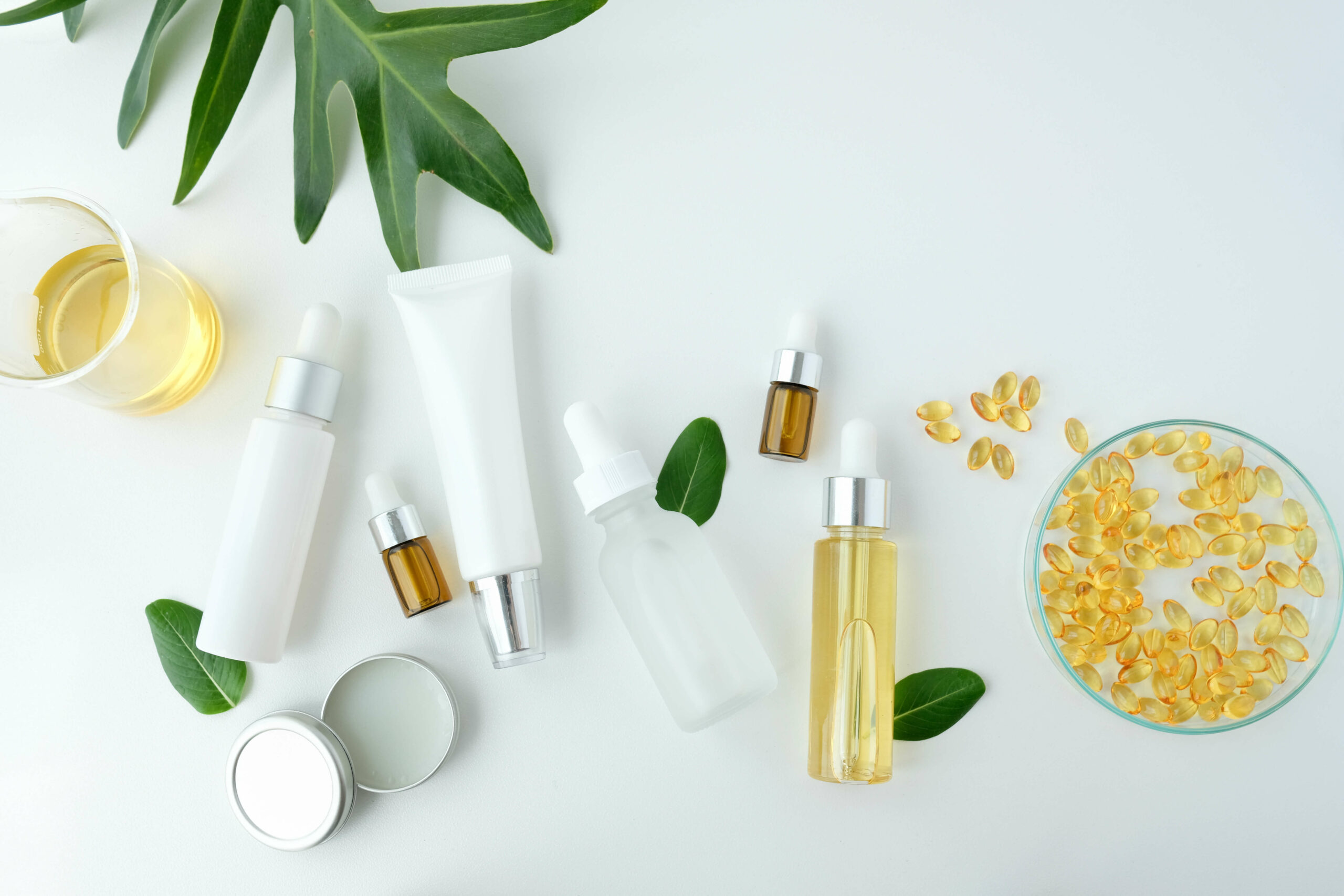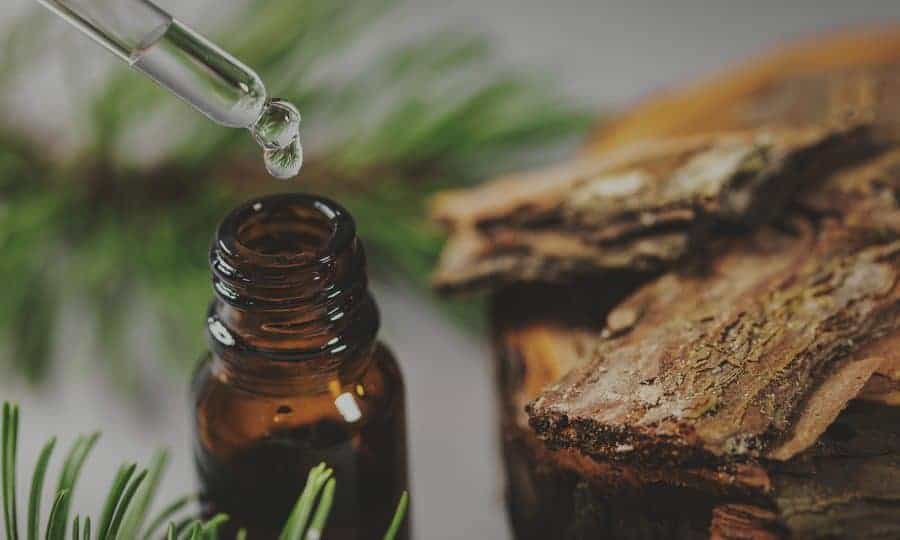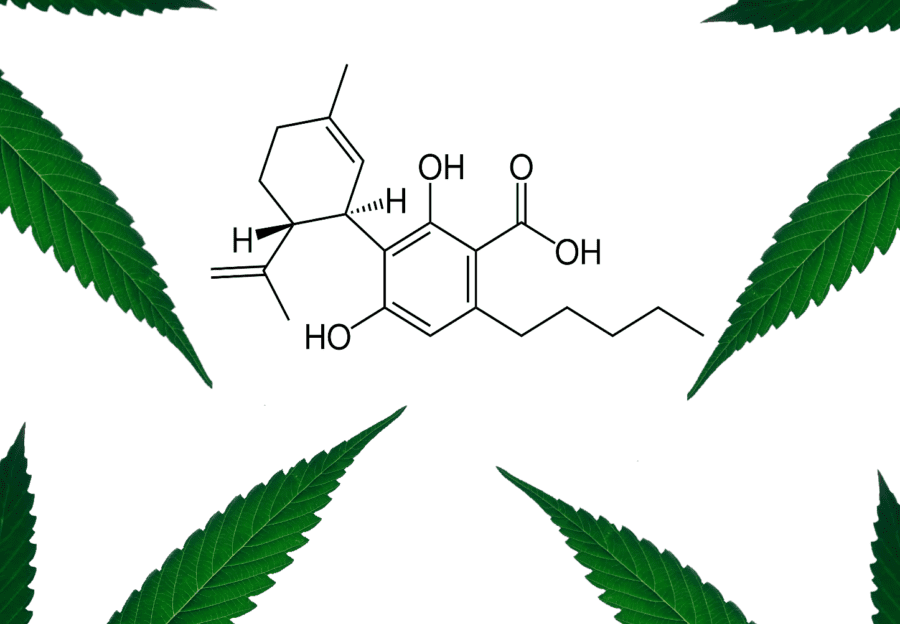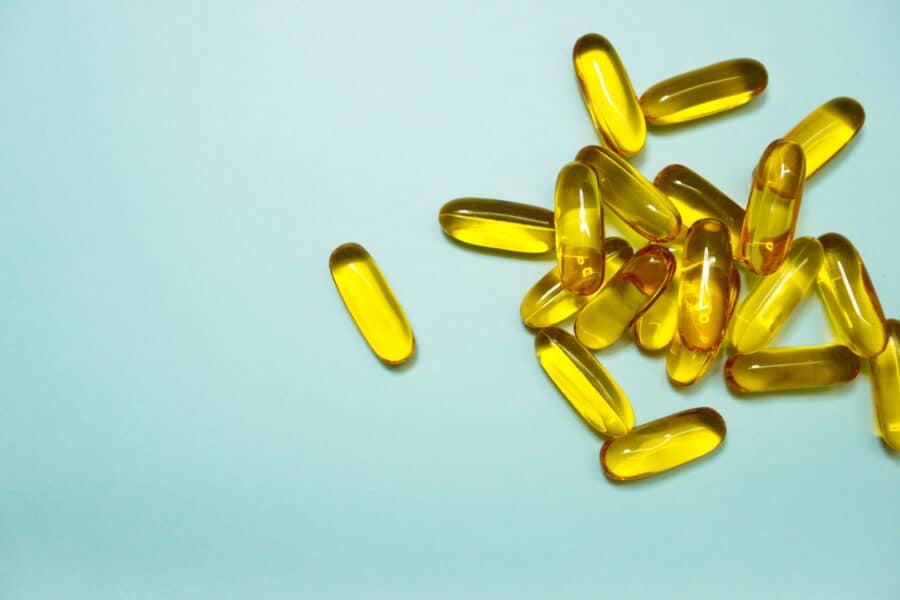Top 6 White-Label Organic Skin Care Manufacturers
Humans have been using cosmetics, taking care of their skin for thousands of years. However, for the most of human history, cosmetics were prepared by the users. Furthermore, secrets of cosmetics were passed within the families.
With the advent of the industrial age, everything changed. Now the cosmetics industry is one of the largest industries. Moreover, it is a booming industry.
The European cosmetics and personal care market is the largest market globally. It is estimated to have an annual turnover of close to 80 billion Euros at retail price. In addition, it provides jobs to about 2 million individuals directly or indirectly.
Some of the largest cosmetics markets in Europe are Germany, France, the UK, Italy, Spain, and Poland.
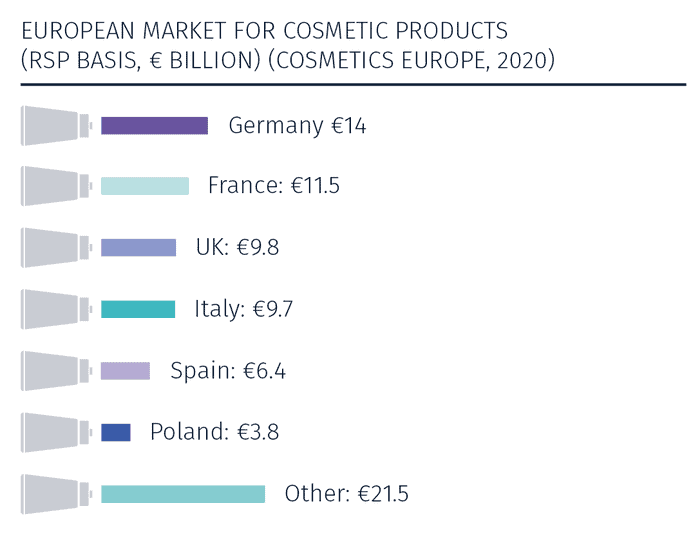
As a single economic zone, the EU is a particularly attractive market with many opportunities. It is relatively easy to start a cosmetics business if a person is based in the EU. It means no duties and minimal regulatory or legal hurdles to start a business. Furthermore, no boundaries within the zone mean that one can focus on all the markets, and opportunities are limitless.
Cosmetics and personal care include thousands of products. It is estimated that about 50% of the industry’s turnover comes from skin care. Thus, it is the most attractive segment. It may include body lotions, sunscreen, scrubs, moisturizers, and even creams for special skin conditions.
White labelling or private labelling can help anyone get started with the cosmetics business on quite a small budget. There is no need to start manufacturing or even think about products formulations. White label manufacturers provide hundreds of products for every need. As the name says, they are white labelled, waiting to be labelled as per the client’s requirements.
Business models have changed a lot in the last few decades. Many cosmetics manufacturer do not sell their brands. They rather provide manufacturing services to others.
Market ready White Label Cosmetics
Essentia Pura is a manufacturer and supplier of high quality white label CBD cosmetic products like CBD body lotion, CBD balm and other CBD related cosmetic products.
White Label Cosmetics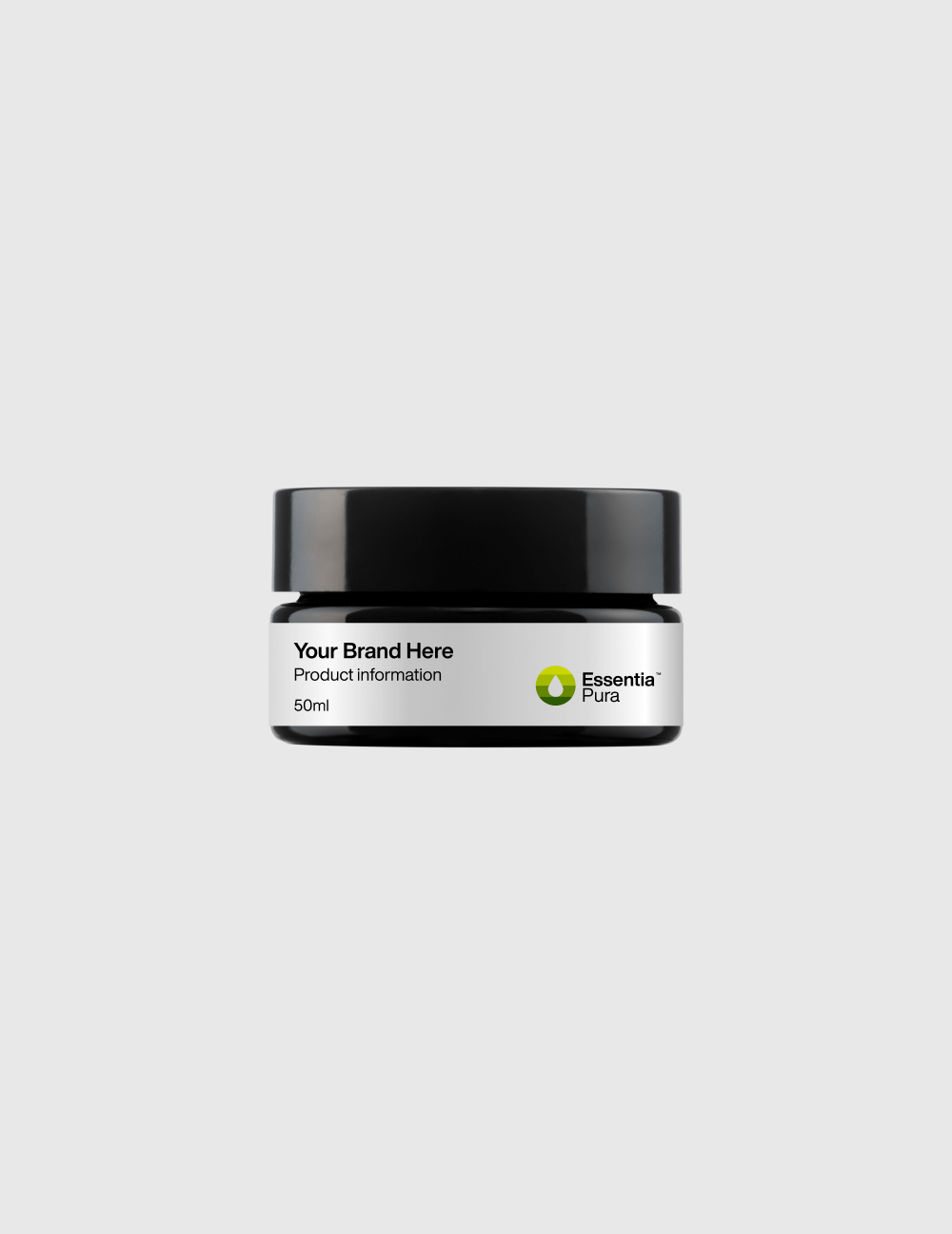
Qualities of a good white-label organic skincare manufacturer
When looking for White label skin care products, it is essential to understand that all the manufacturers broadly fall into two categories. Those who focus on larger clients or companies, and others who focus more on small businesses and even individuals.
Those focusing on larger companies would have high-quality products. Their products and services are also relatively cheaper. However, they would often have a larger batch size. For example, they may supply nothing less than 5000 units of moisturizing cream. Additionally, they may also frequently make products according to clients’ requirements.
However, the second category is perhaps more interesting for new businesses. These are the companies focusing on smaller or even individual clients. Their services may be relatively more expensive, but they are ready to process small orders. Moreover, they may have an excellent range of products ready to be labelled as per the client’s requirements.
Below are some of the qualities to consider in white label organic skincare manufacturers:
Number of products in the portfolio
Most people starting the business would prefer that the manufacturer provide the list of organic skin care products. So that one can choose the products to order according to their business model or strategy. Good organic skin care manufacturers would have at least tens of products to choose from.
In most cases, these products have already been produced and are in stock. They are just waiting to be labelled and dispatched to the client immediately.
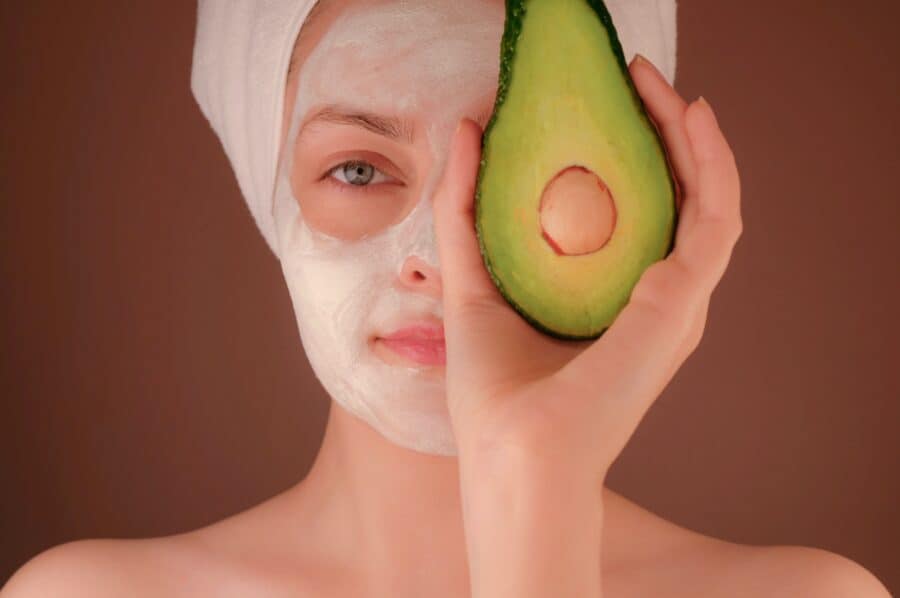
Quality of products
Quality is another vital factor. Of course, everyone would claim their quality is the best, but good white label organic skin care manufacturers would support their claims with various certificates. Moreover, it is worth understanding that many of these certificates would be needed for selling the products.
Other certifications
Other certifications mean something that can add value to the product like it does not contain GMO or is “Organic”. It is worth understanding that no official or governmental organization provides “Organic” certification in the EU or other nations. Instead, the private labs or organizations give most such certificates.
Nevertheless, the law in most countries, including EU nations, mandates that all claims must be evidence-based. Thus, a certificate from a reputed lab would work.
Additionally, it is worth understanding that there is nothing like 100% organic. Any product is called organic if more than 90% of ingredients are organic. The same is true of the term natural. Additionally, some may use terms like “made with organic”, which generally indicates that organic ingredients are less than acceptable level.
Minimum batch size requirements
Most starters are tight on the budget. Thus, it would be good to understand the minimum number of any product that the manufacturer is ready to label and sell. However, small numbers are not essentially better. A larger batch size would mean a lower cost. Thus, one would still need to weigh the things.
Quality of services
It does not matter how good is the manufacturer. If they cannot understand the client’s requirements, it is not worth working with them. Thus, the quality-of-service matter. Some of the white label skin care manufacturers would even provide a dedicated manager to each client.
Stand Out With Private Label Products
Retail-ready formulas not your type? Reach out and develop your own custom formulation, for your needs only.
Private Label Cosmetics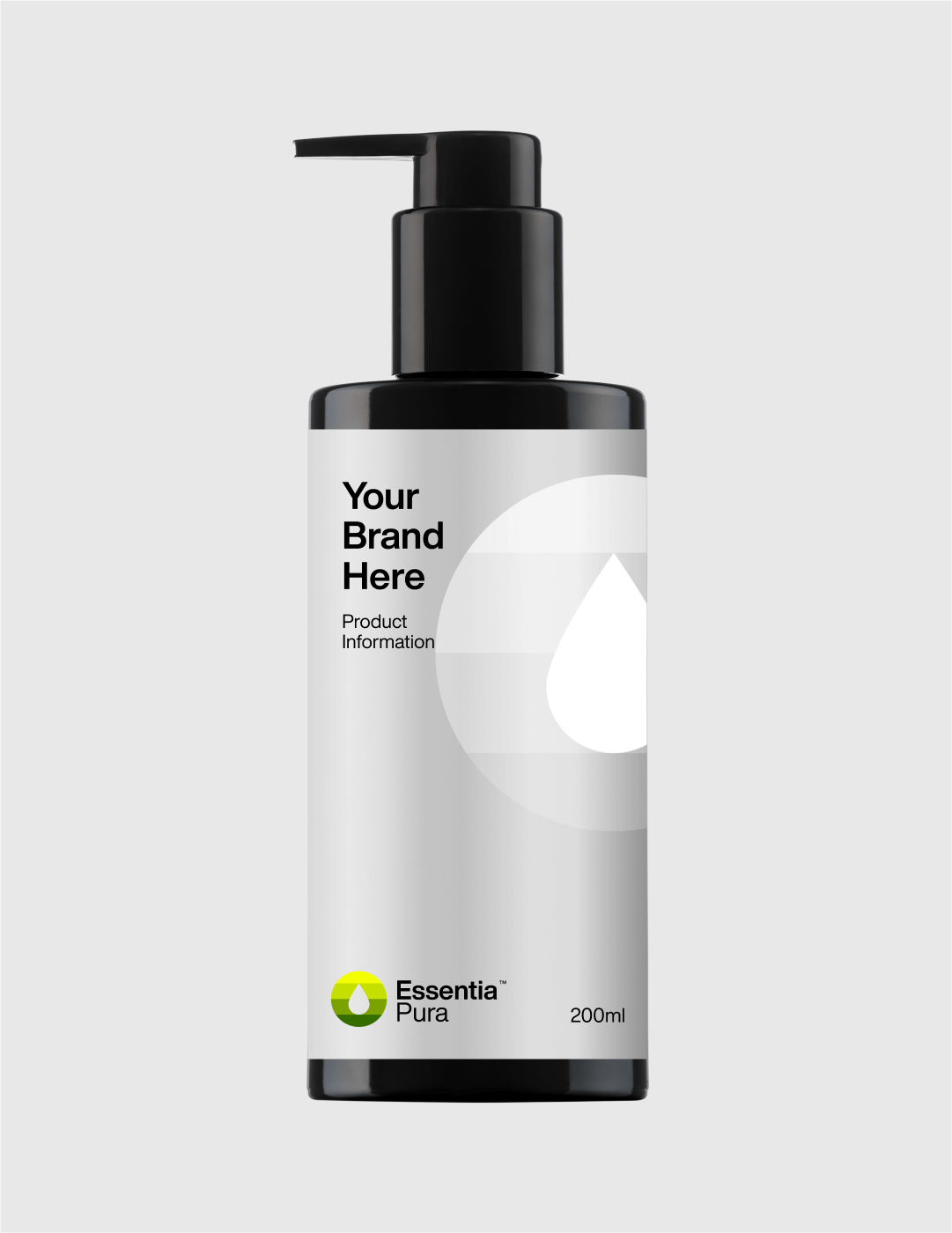
Organic Skincare product manufacturing process
Learning about organic skincare manufacturing may help a bit. The most manufacturer would outsource their ingredients. It makes logic, as so many ingredients are needed, and one cannot produce all of them. However, some may specialize in only a specific kind of products any might produce their ingredients. Like some may have in-house CBD extraction. Others may own Aloe Vera farms, and so on.
Generally, organic or natural ingredients are processed before use by the industry. In many cases, only extracts are used like CBD.
Next, the ingredients are tested for quality. This is followed by the mixing of various ingredients. The next step is packing the products. Then, the final certification of the product follows it. Finally, the white label product is ready, waiting for its client.
Who in Europe can supply you with top white-label organic skincare products
Finding a white label manufacturer of skincare and cosmetics is more challenging in Europe compared to the US or China. In Europe, most manufacturers are selling their products in their brand names. Nonetheless, some excellent white label manufacturers are there in Europe. Here are the top 5 to consider for your organic skin care range of products:
- Essentia Pura is a Slovenian company, founded in 2014. It’s a manufacturer and supplier of organic white label CBD cosmetic products like CBD body lotion, CBD balm and other CBD related comstic products. Essentia Pura aims for the highest possible standards in its quality control procedures, based on this, their supply chain is regularly audited and all manufacturing and R&D are performed in a highly controlled laboratory environment and by a team experienced in the pharmaceutical, cosmetic and food industries.
- MS beautilab (Swiss, France, Czech) – It is one of the largest white label manufacturers in Europe. The company has colossal research and manufacturing in three nations. MS Beautilab provides most of its products as France or Swiss made. They even have a range of natural pigments for use in cosmetics, and also use many patented technologies. Needless to say, that quality comes at a price.
- Badgequo (UK)- Skincare manufacturers in the UK differ because they may provide smaller batch sizes. They also have excellent services. In addition, they provide a range of organic and inorganic cosmetics.
- Fancystage (Portugal) – it is a leading manufacturer of Portugal, with a massive production area. They can provide every conceivable cosmetic or personal care product. Thus, they have almost everything for skin care, hair, bath and body, oral care, and much more.
- HSA cosmetics (Italy) – they mainly focus on skin care and natural ingredients. Thus, they have an excellent range for skin care and hair range.
- Bomo-trendline (Germany) primarily focuses on private labelling or white labelling, providing a massive range of products for every need from skin care, hair and nail to decorative cosmetics.
Working with white-label organic skincare manufacturers
Starting working with white label skin care manufacturers may be a bit tricky. Most of these companies have tremendous experience in handling clients. On the other side, a person starting a business may have limited understanding.
Thus, start with agreements like a non-disclosure agreement, protection of intellectual property rights.
Once the agreements are in place, discuss the GMP and how they can meet regulatory needs for any particular market. Also, ask them to provide information about how their ingredients are sourced.
Once everything has been agreed, send the manufacturer the final brief with all the details. Next, ask them to provide benchmark samples.
If everything goes as planned, agree on the batch size, shipment methods, delivery timelines. Also, ensure that product has a bar code. Discuss what certifications will the manufacturer send with each shipment. Also, learn more about how they test their final products.
It does not matter how well the parties work; some issues will always arise. To err is human. Thus, there must be a contingency plan. Everything should be clear, like how the complaints would be dealt with, how the goods can be returned, who will bear the costs in such cases, and so on.
Although white label provides an opportunity to get started at small budgets, the lack of in-house manufacturing has its downsides. Thus, one should pay utmost attention to the quality of the products and their certifications.
It is vital to remember that certifications are not just for commercial purposes. Sometimes, they may even save a business from legal issues arising from unforeseen quality issues with cosmetics.
